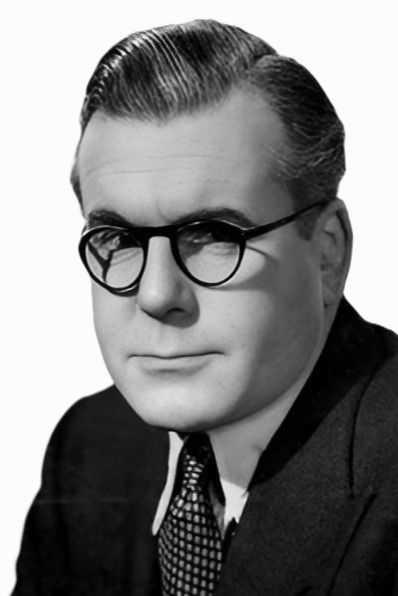
Edward Chapman
From Wikipedia, the free encyclopedia. Edward Chapman (13 October 1901 - 9 August 1977) was an English actor who starred in many films and television programmes, but is chiefly remembered as "Mr. Wilfred Grimsdale", the officious superior and comic foil to Norman Wisdom's character of Pitkin in many of his films from the late 1950s and 1960s. Chapman was born in Harrogate, Yorkshire, England. On leaving school he became a bank clerk but later began his stage career with Ben Greet's Company in June 1924 at the Repertory Theatre, Nottingham, playing Gecko in George du Maurier's Trilby. He made his first London stage appearance at the Court Theatre in August 1925 playing the Rev Septimus Tudor in The Farmer's Wife. Among dozens of stage roles that followed, he played Bonaparte to Margaret Rawlings's Josephine in Napoleon at the Embassy Theatre in September 1934. In 1928 he attracted the attention of Alfred Hitchcock, who gave him the role of "The Paycock" in the 1930 film, Juno and the Paycock. In the same year he also made an appearance in Caste (of which no prints are known to exist). He had a role in The Citadel in 1938 and appeared alongside George Formby in the Ealing Studios comedy Turned Out Nice Again in 1941. During the Second World War he took a break from acting and joined the Royal Air Force. After training he was posted to 129 (Mysore) Squadron as an intelligence officer. This Spitfire squadron was based at Westhampnett and Debden. The squadron was heavily engaged in combat during this period and many of Chapman's fellow squadron mates were killed in action. Chapman first starred alongside Wisdom in 1957's Just My Luck in the role of Mr. Stoneway, but the next year in The Square Peg he appeared as Mr. Grimsdale for the first time opposite Wisdom's character of Norman Pitkin. In 1960 he and Wisdom acted together again in The Bulldog Breed, playing the roles of Mr. Philpots and Norman Puckle - Mr. Grimsdale and Pitkin in all but name. Wisdom appeared alone as Norman Pitkin in On the Beat in 1962, while Chapman branched out, starring in the Danish folktale Venus fra Vestø, but Grimsdale and Pitkin were reunited for 1963's A Stitch in Time. Their final performance together was in The Early Bird in 1965, Wisdom's first film in colour. In all, he appeared alongside Norman Wisdom in five films. After Sir John Gielgud was arrested for "persistently importuning male persons for immoral purposes", Chapman started a petition to force him to resign from Equity. Sir Laurence Olivier reportedly threw Chapman out of his dressing room when he solicited his signature for the petition. From 1965 Chapman played mostly characters roles on television. His final role was as Mr. Callon for nine episodes of the BBC's seafaring melodrama The Onedin Line between 1971 and 1972. Chapman died of a heart attack in Brighton, East Sussex, England at the age of 75. Description above from the Wikipedia article Edward Chapman, licensed under CC-BY-SA, full list of contributors on Wikipedia.
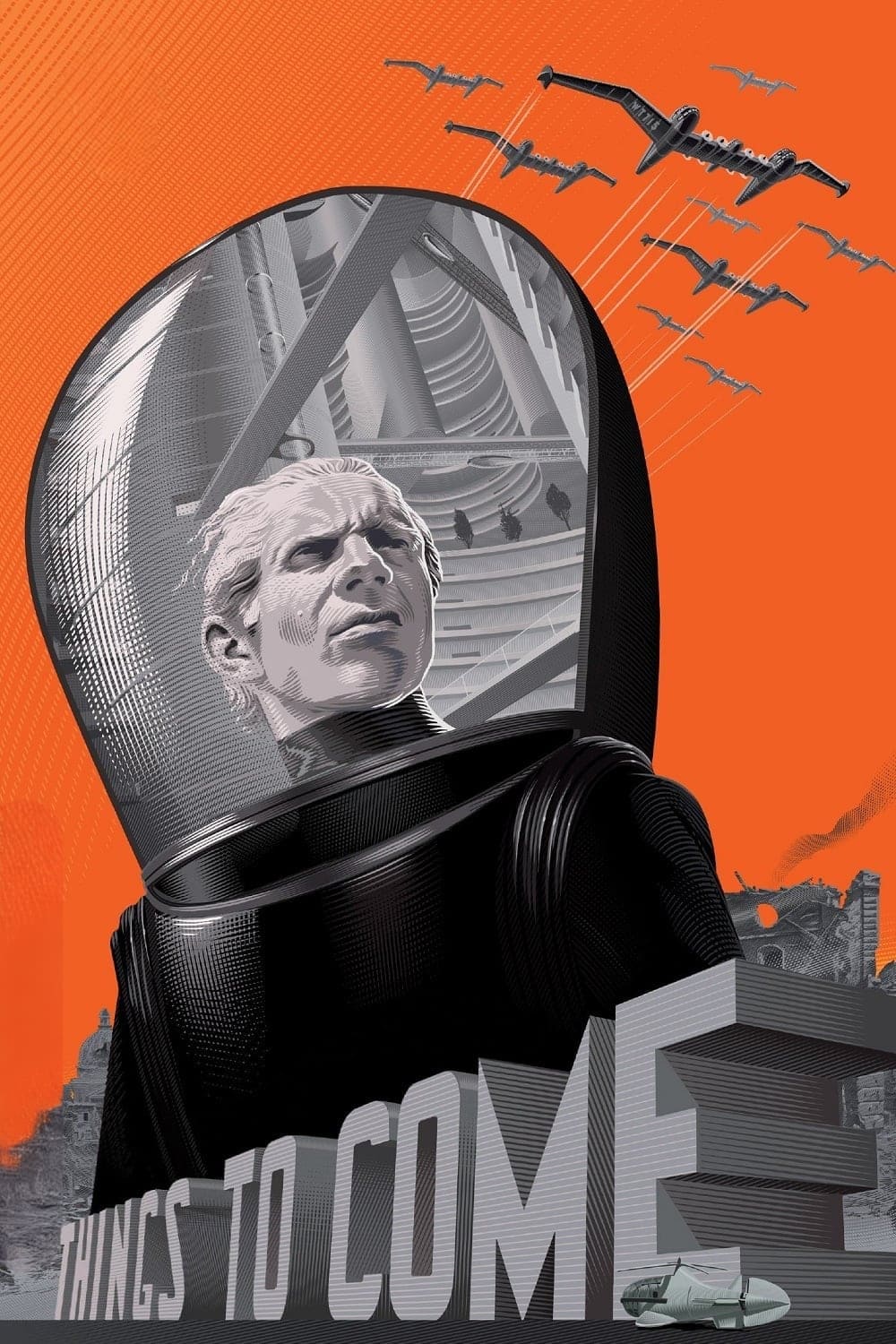
Things to Come
(Pippa Passworthy / Raymond Passworthy)
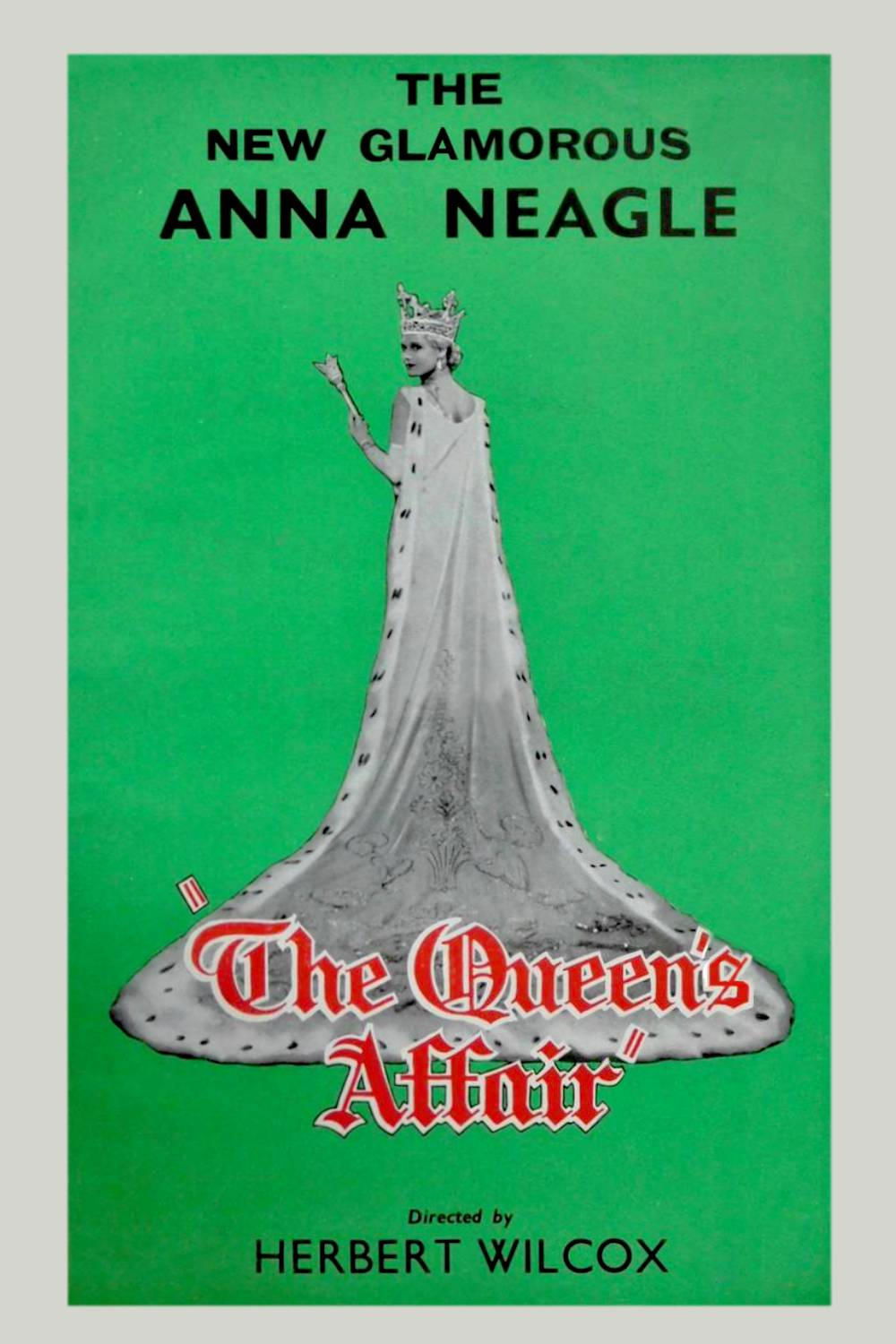
The Queen's Affair
(Guard)

Murder!
(Ted Markham)
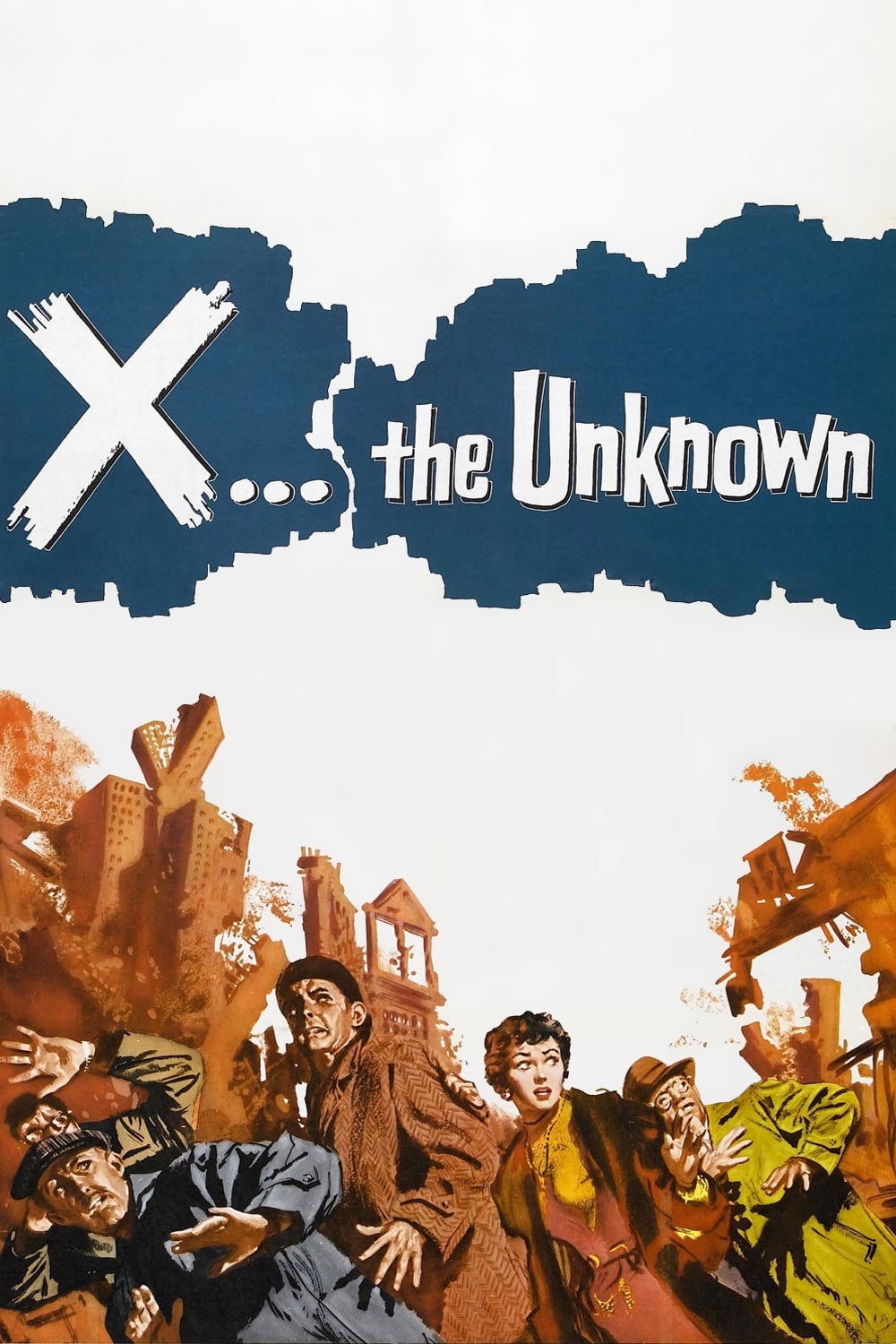
X: The Unknown
(John Elliott)
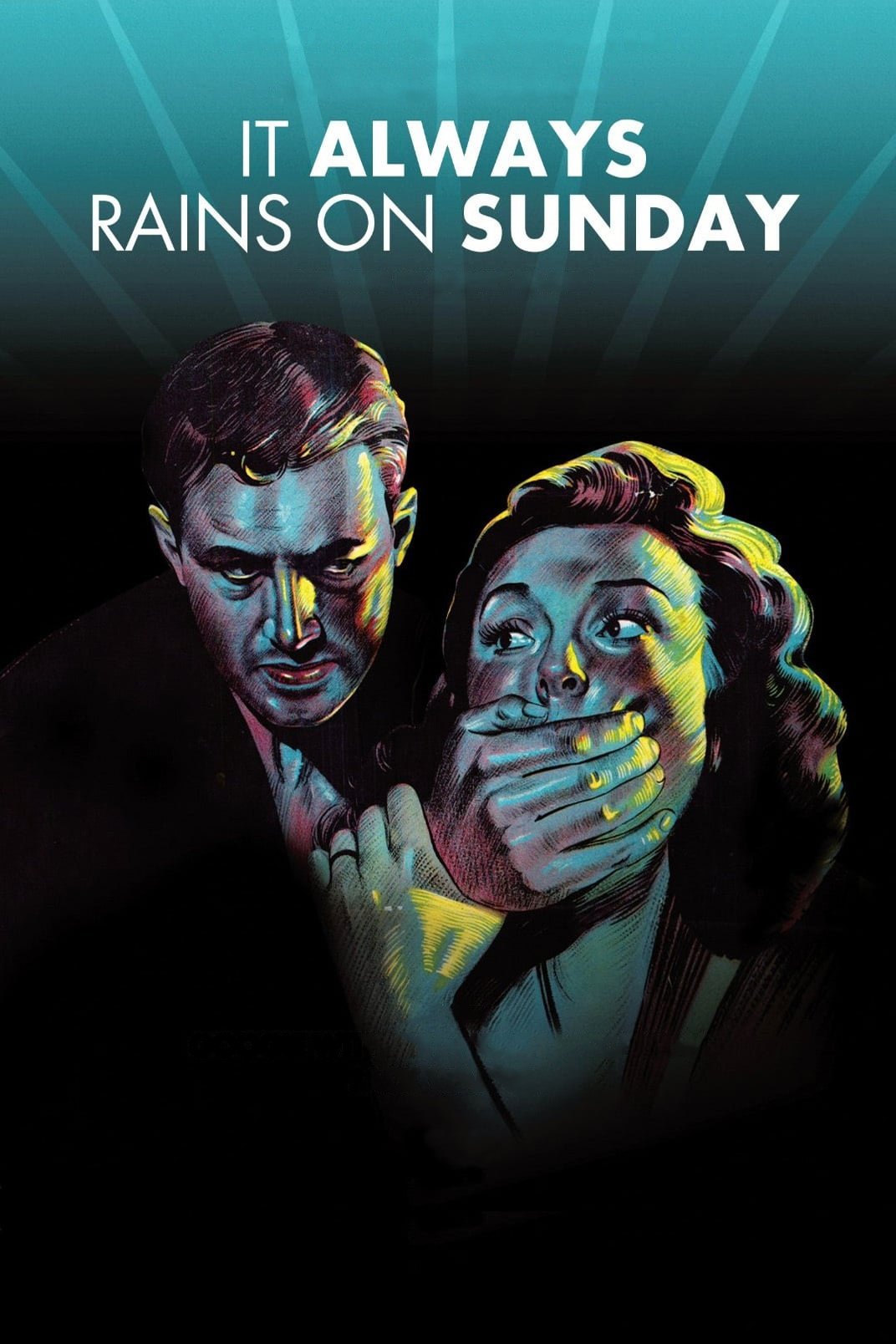
It Always Rains on Sunday
(George Sandigate)
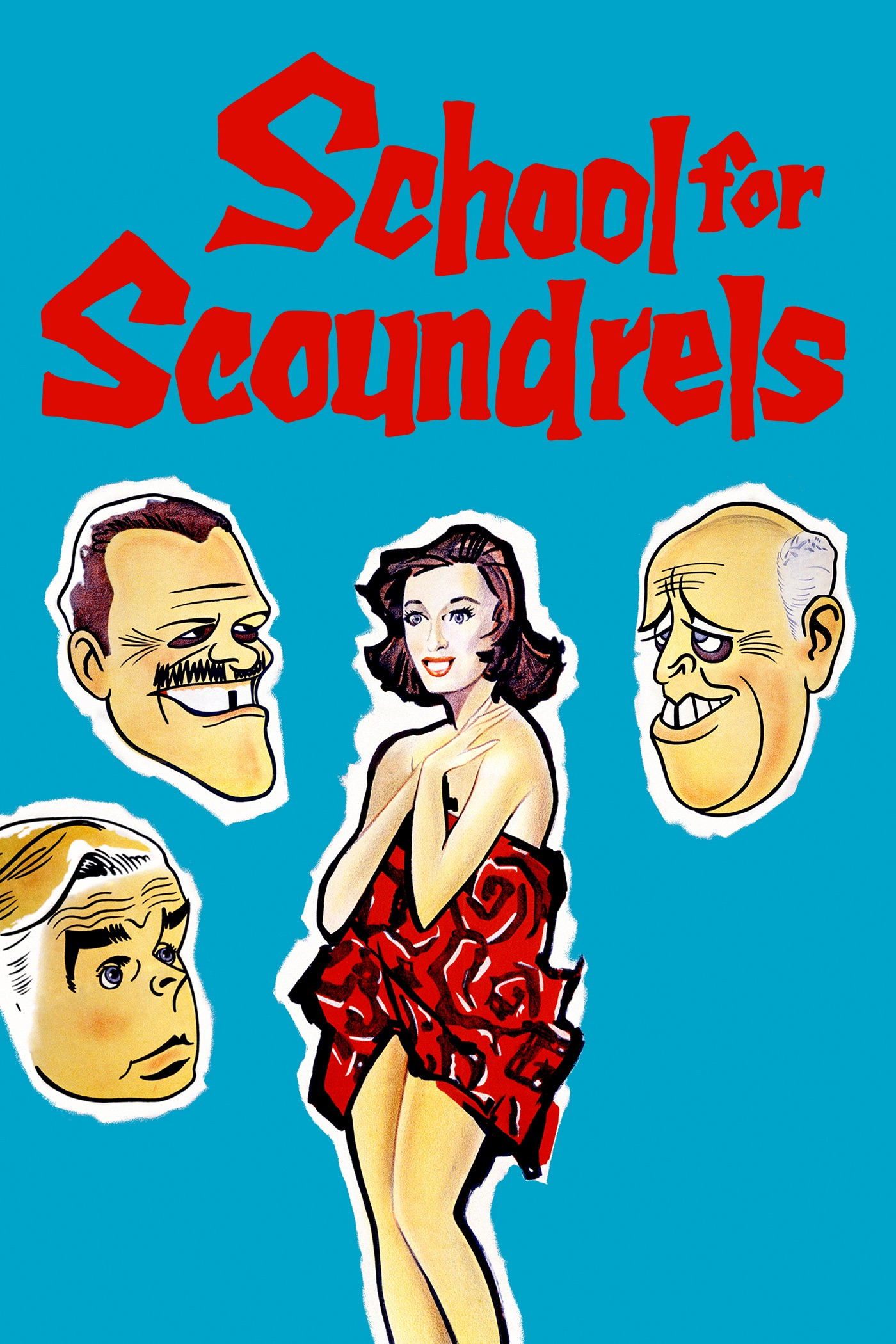
School for Scoundrels
(Gloatbridge)
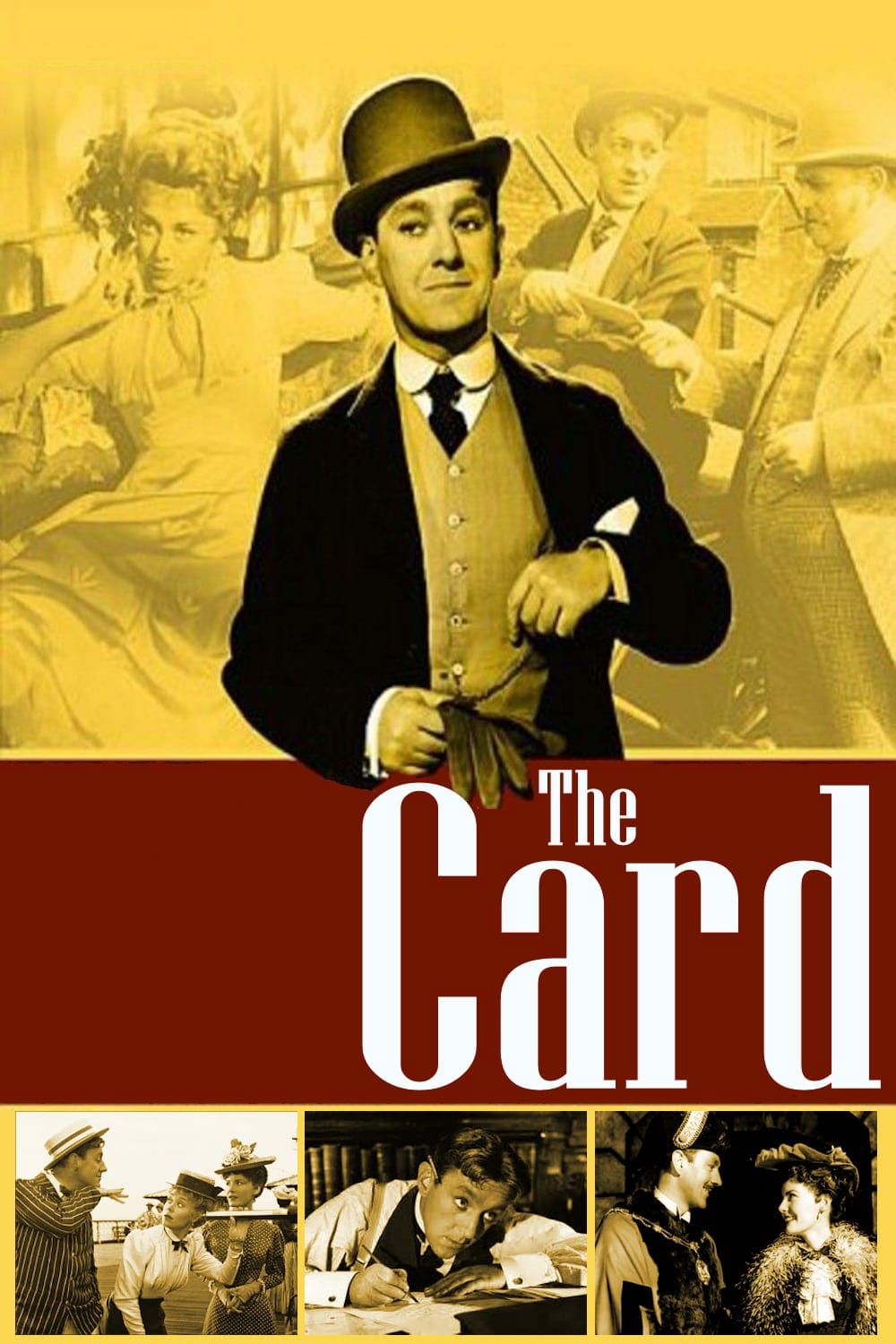
The Card
(Mr. Duncalf)

The Bulldog Breed
(Mr. Philpots)
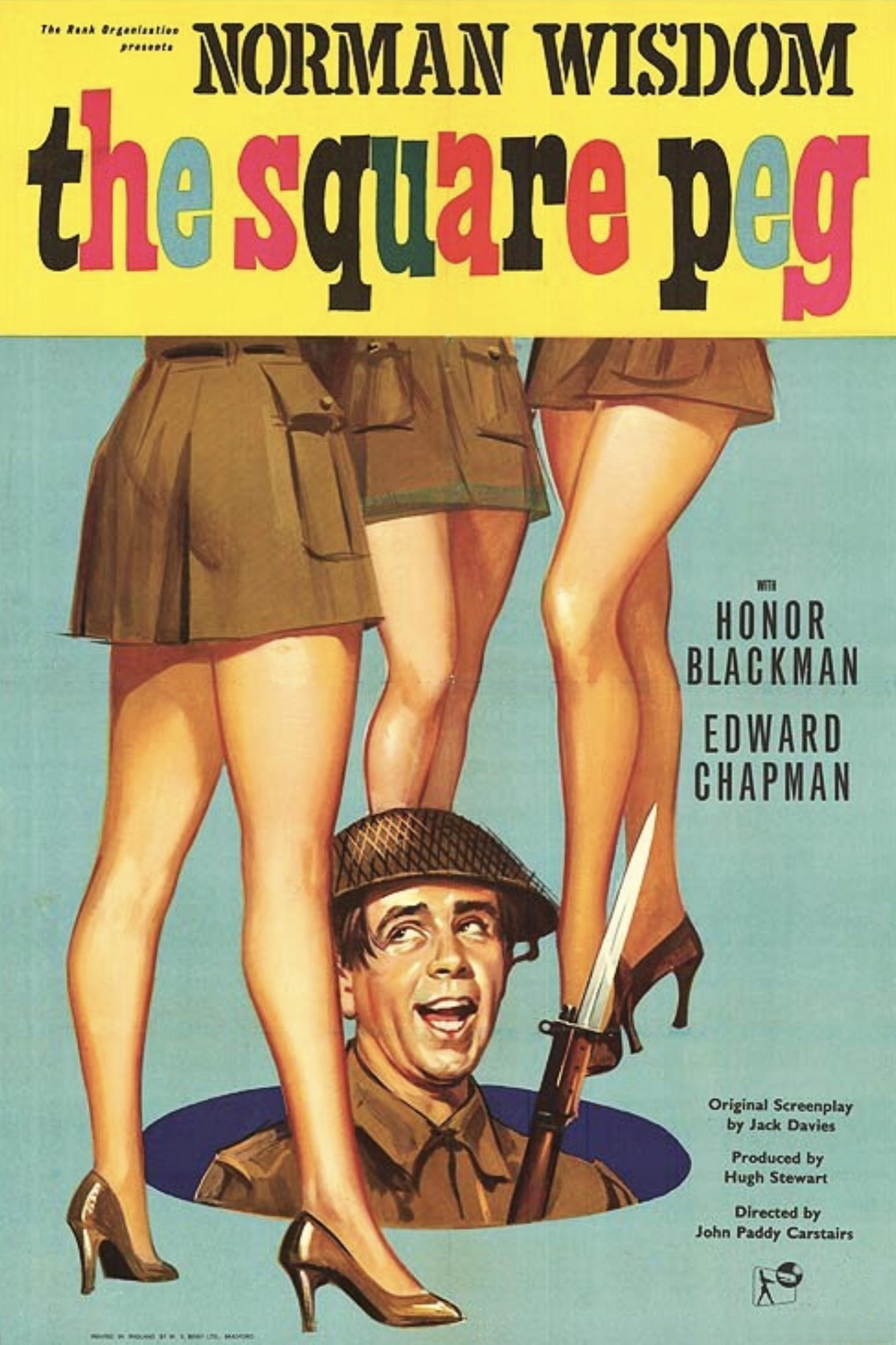
The Square Peg
(Private Wilfred Grimsdale)
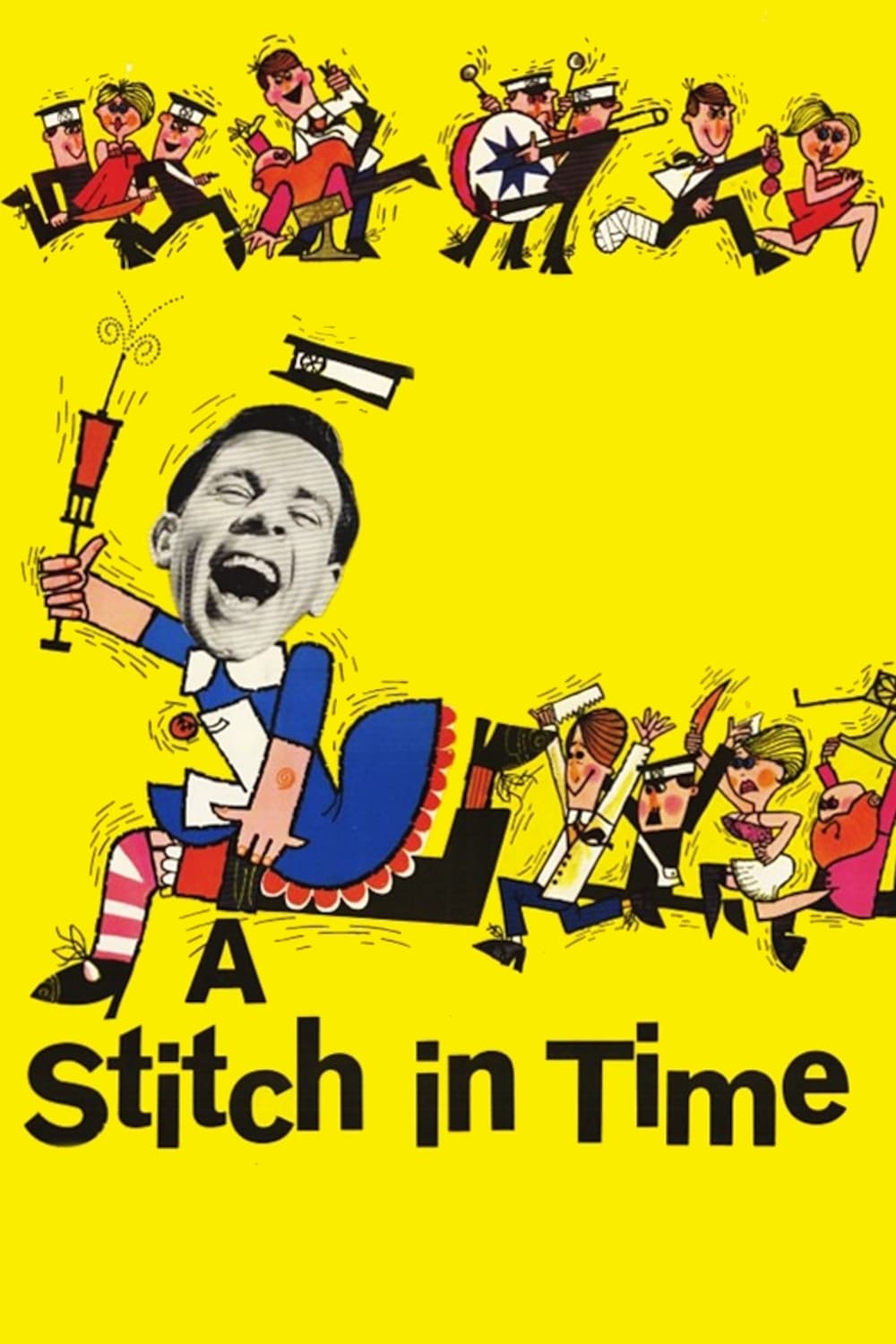
A Stitch in Time
(Mr. Grimsdale)
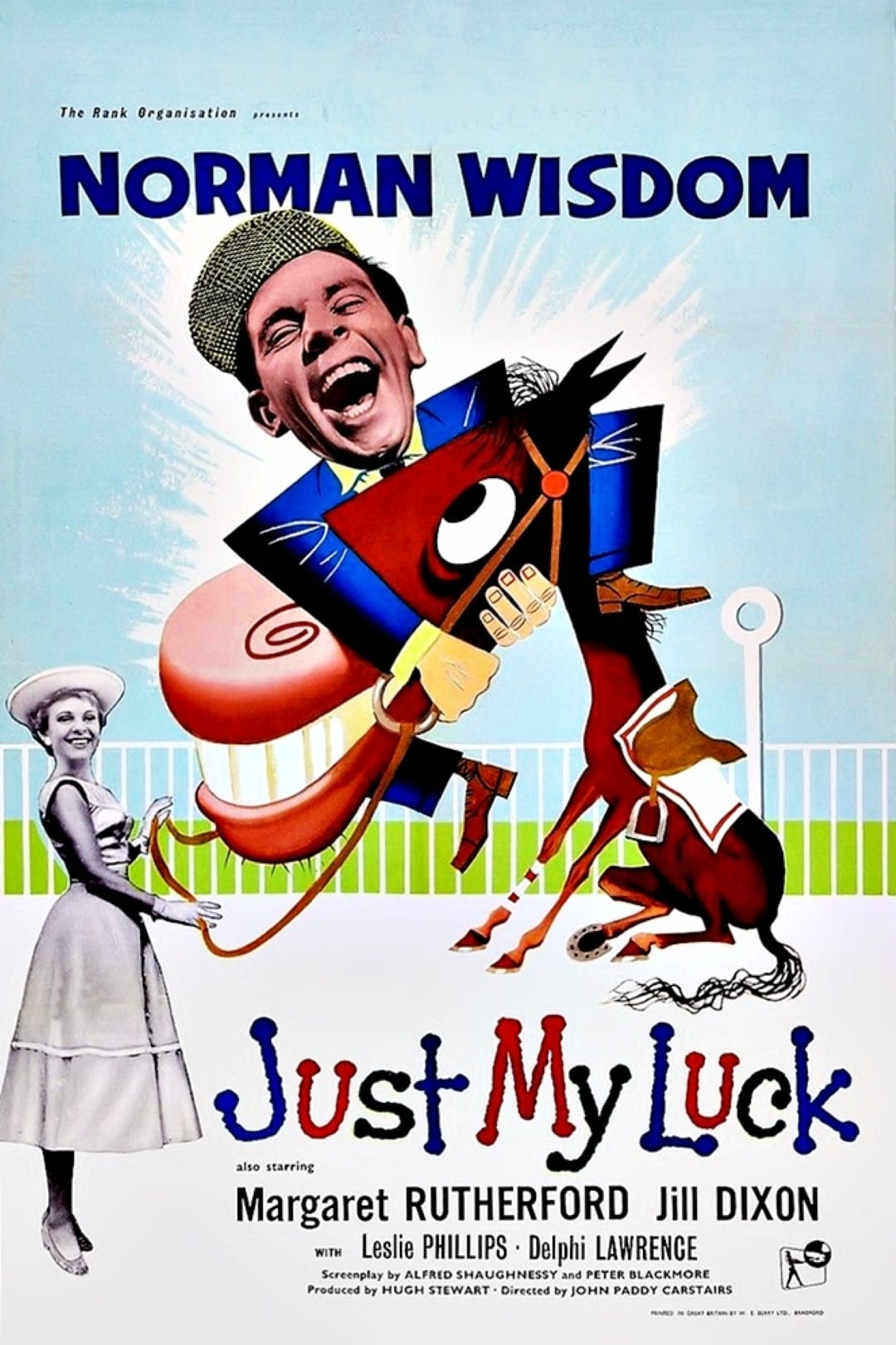
Just My Luck
(Mr. Stoneway)
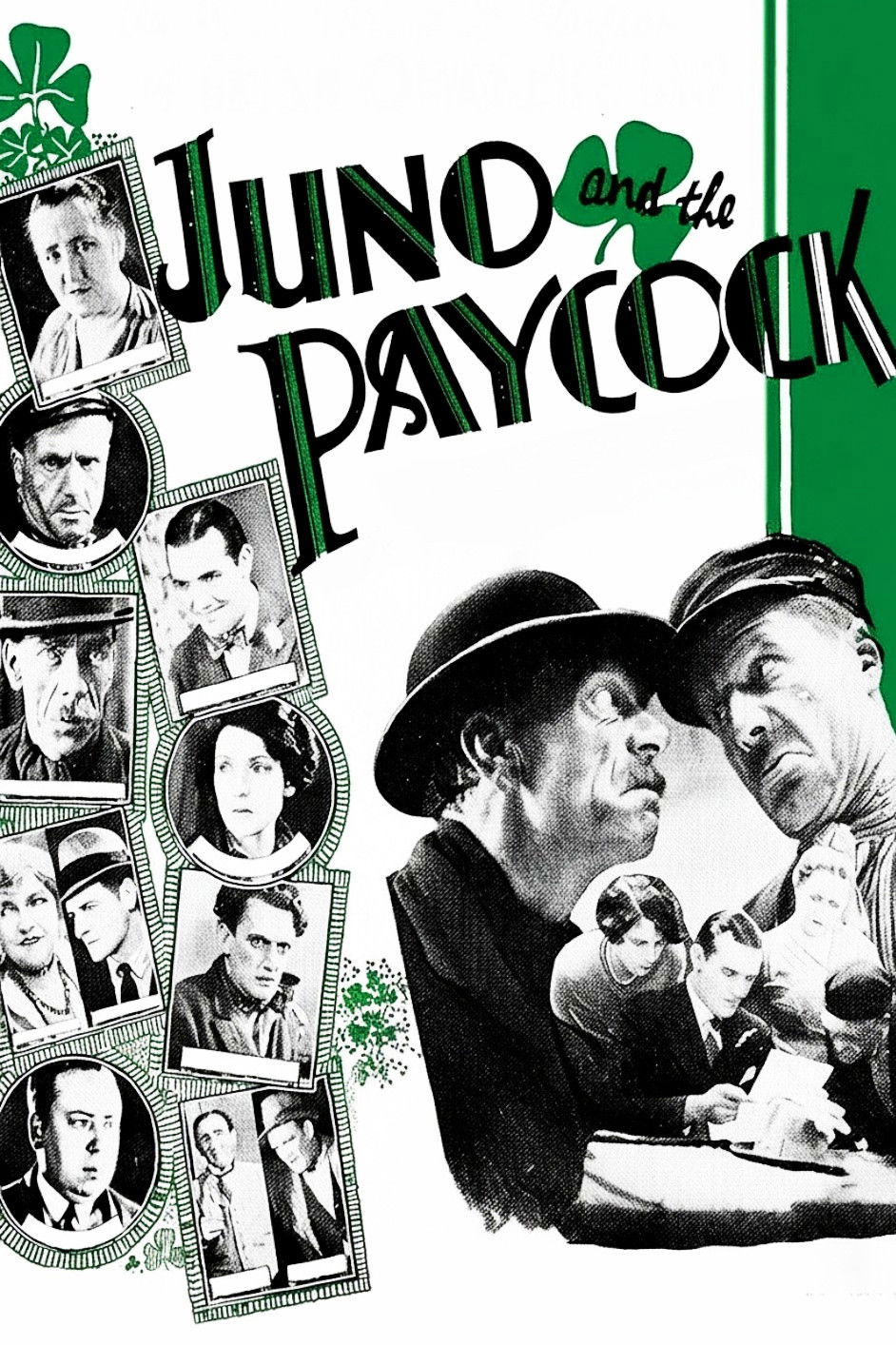
Juno and the Paycock
(Captain Boyle)
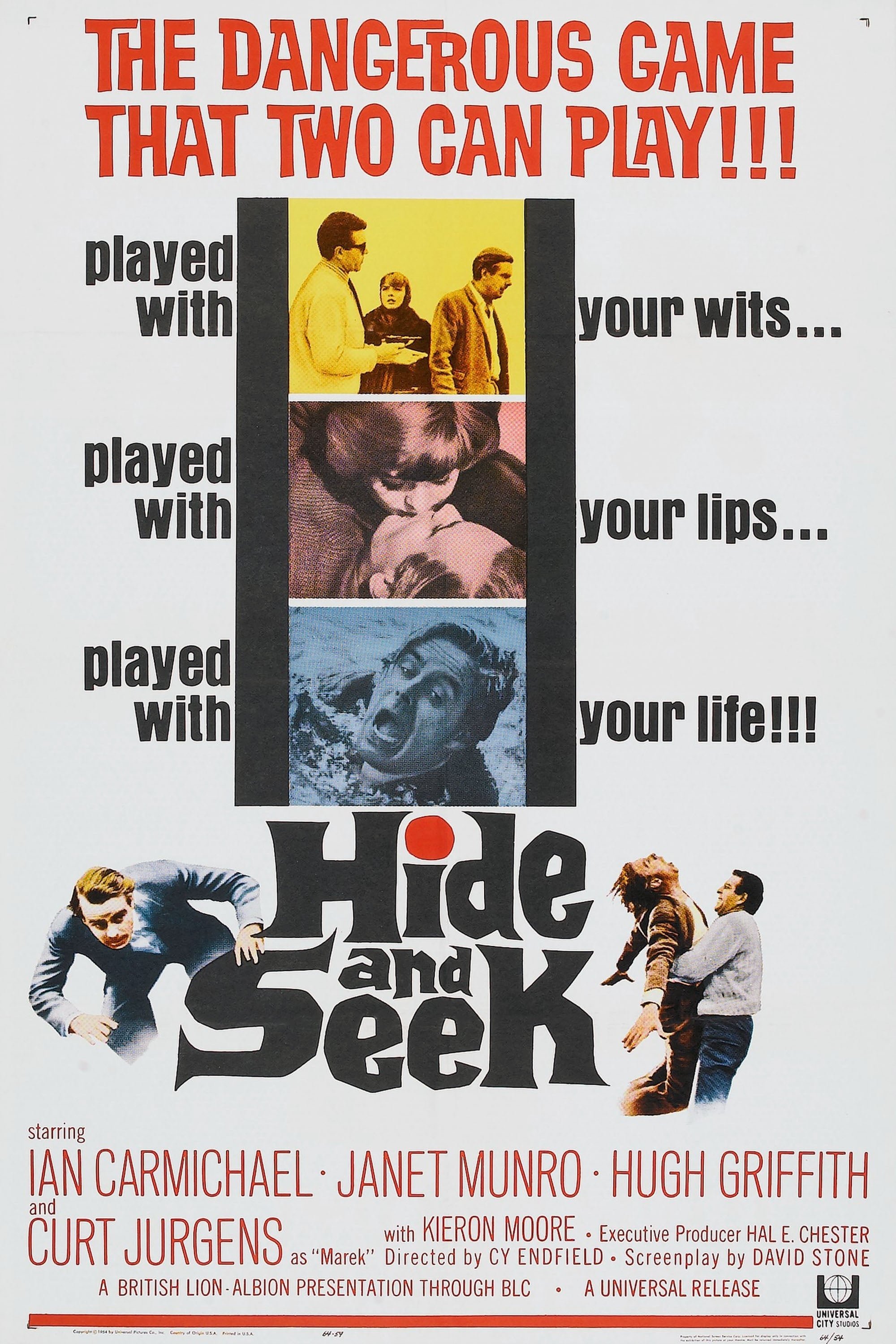
Hide and Seek
(McPherson)
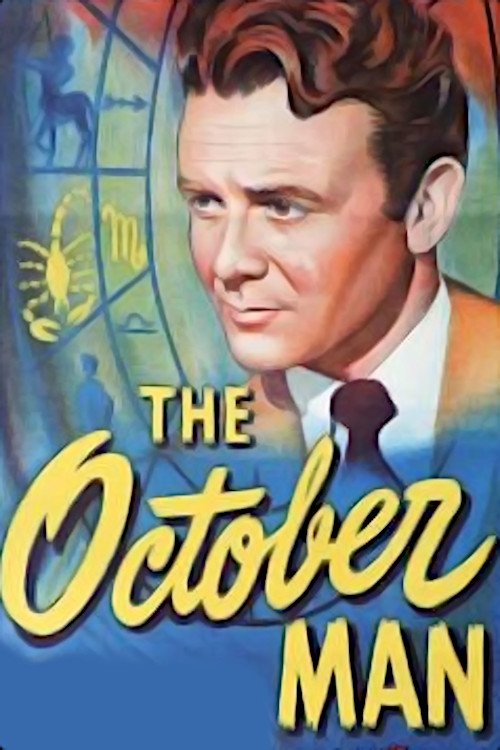
The October Man
(Mr. Peachy)

The Man Who Could Work Miracles
(Major Grigsby)
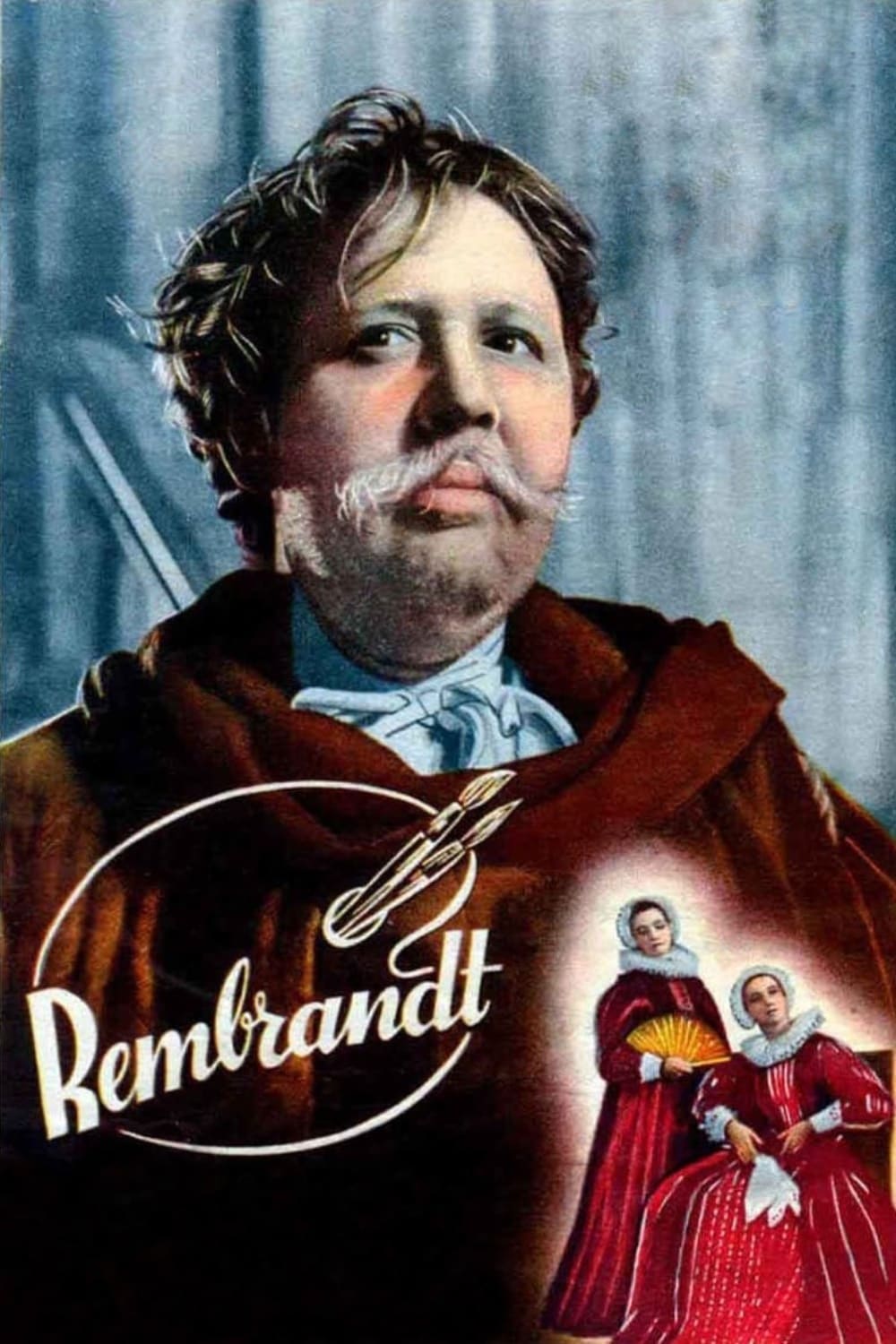
Rembrandt
(Fabrizius)
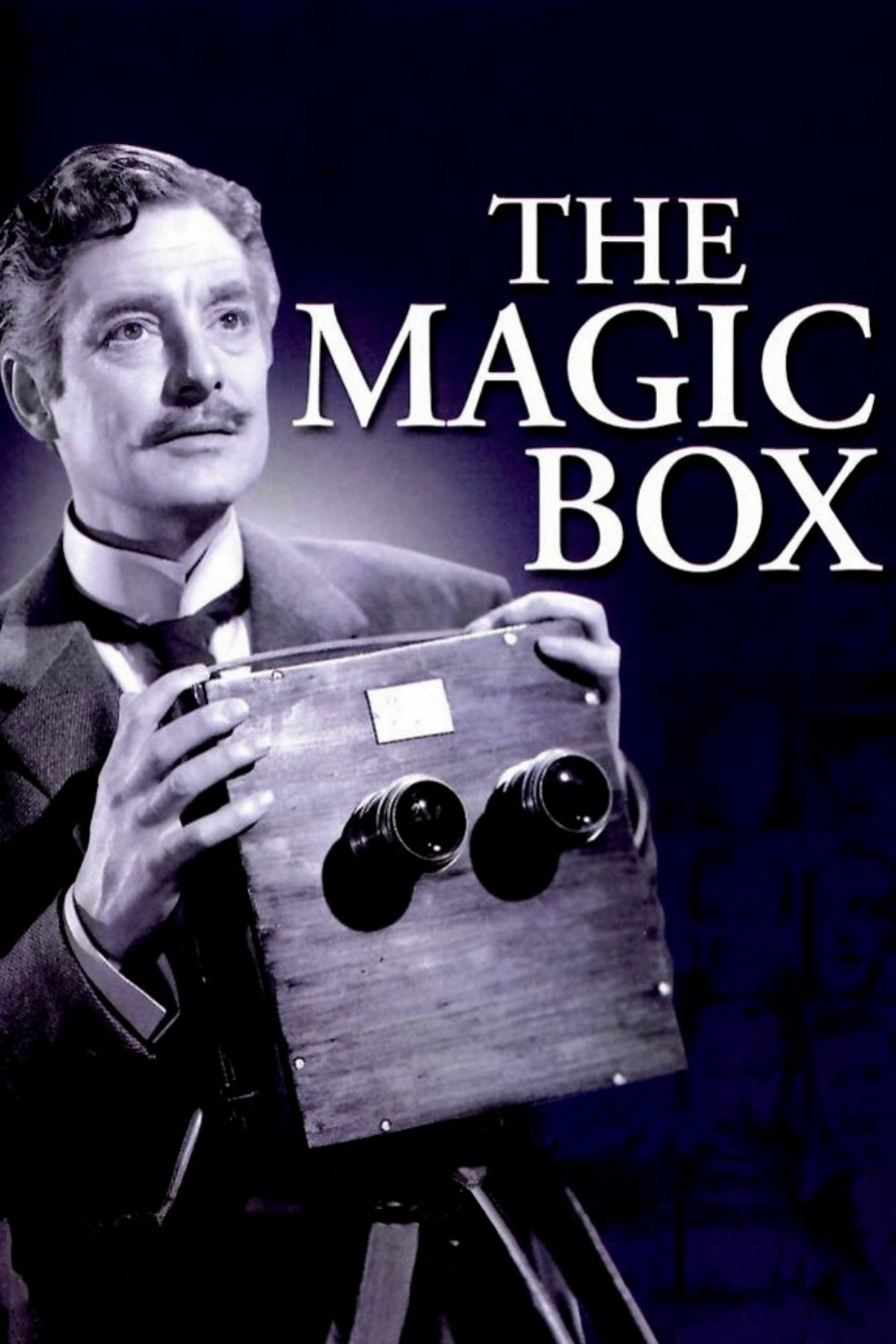
The Magic Box
(Father in Family Group)

The Skin Game
(Dawker)
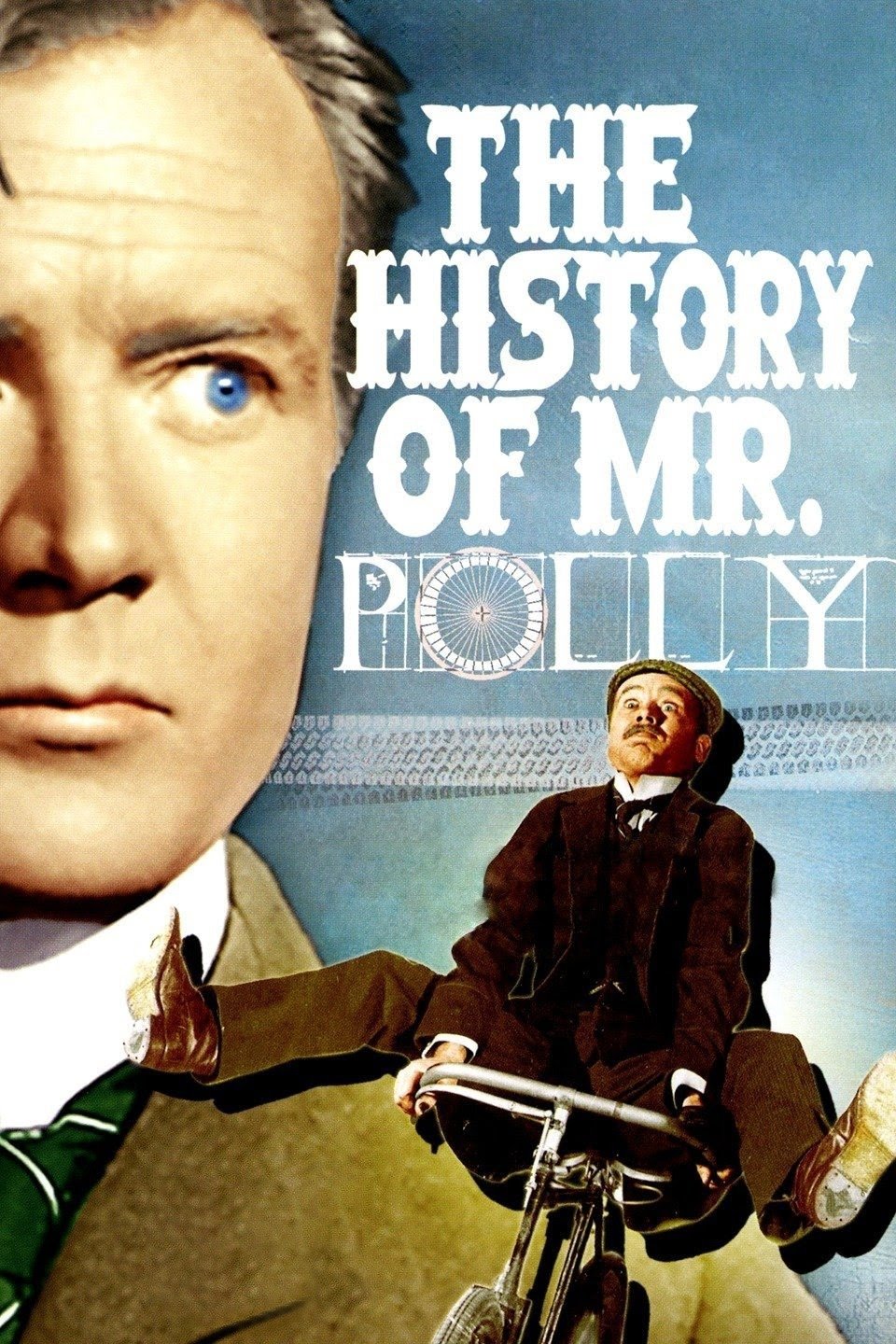
The History of Mr. Polly
(Mr. Johnson)
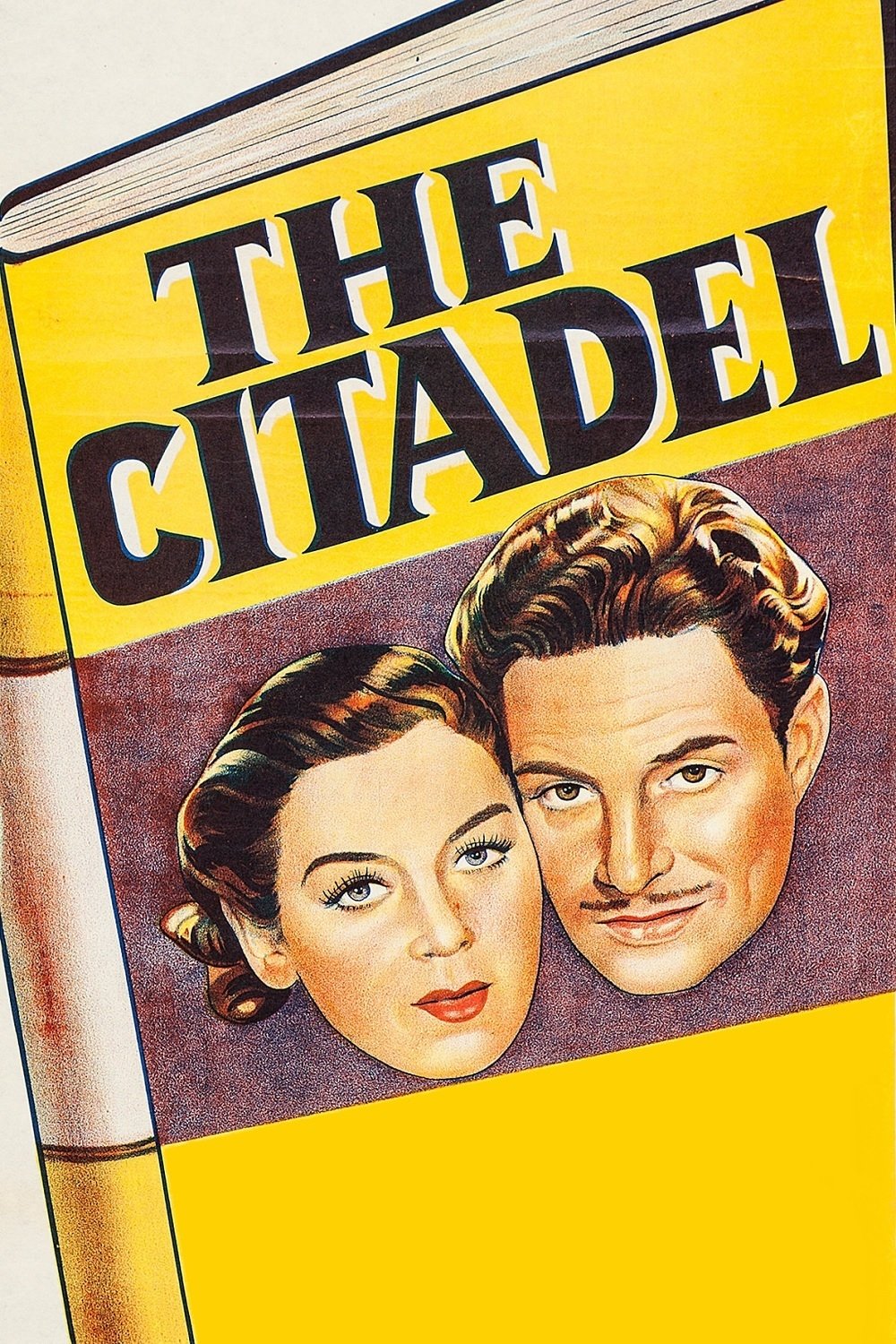
The Citadel
(Joe Morgan)

There Ain't No Justice
(Sammy Sanders)
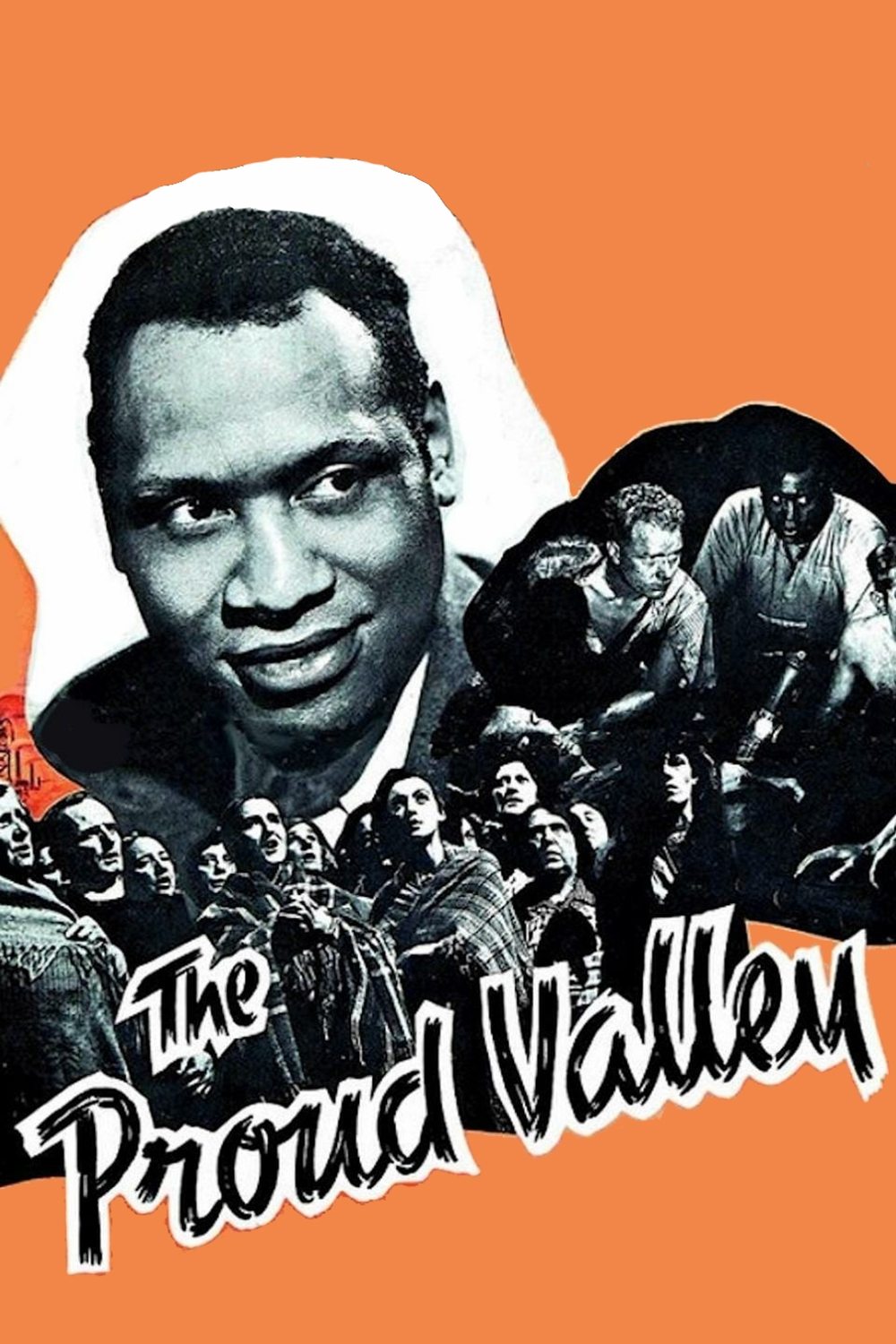
The Proud Valley
(Dick Parry)
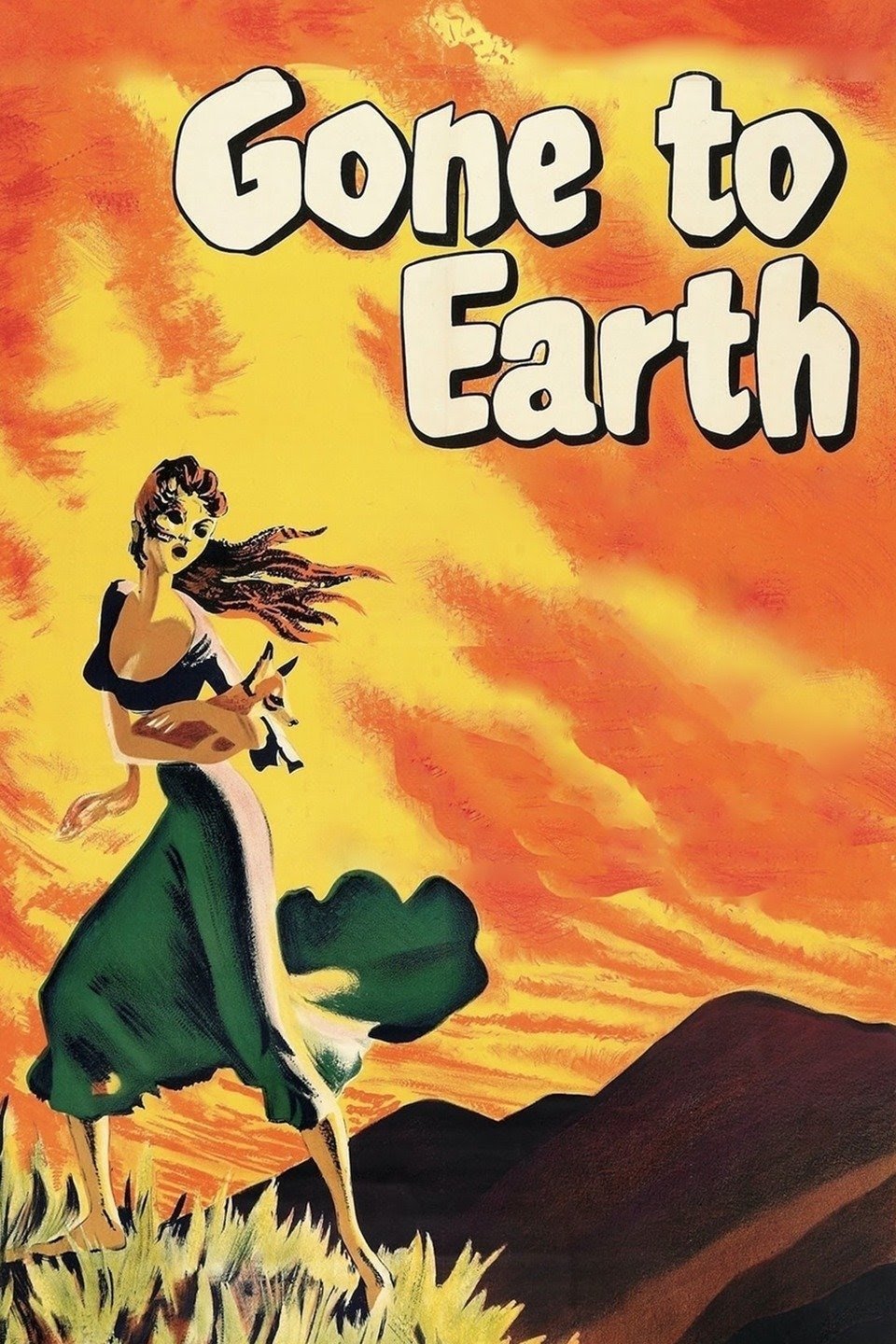
Gone to Earth
(Mr. James)
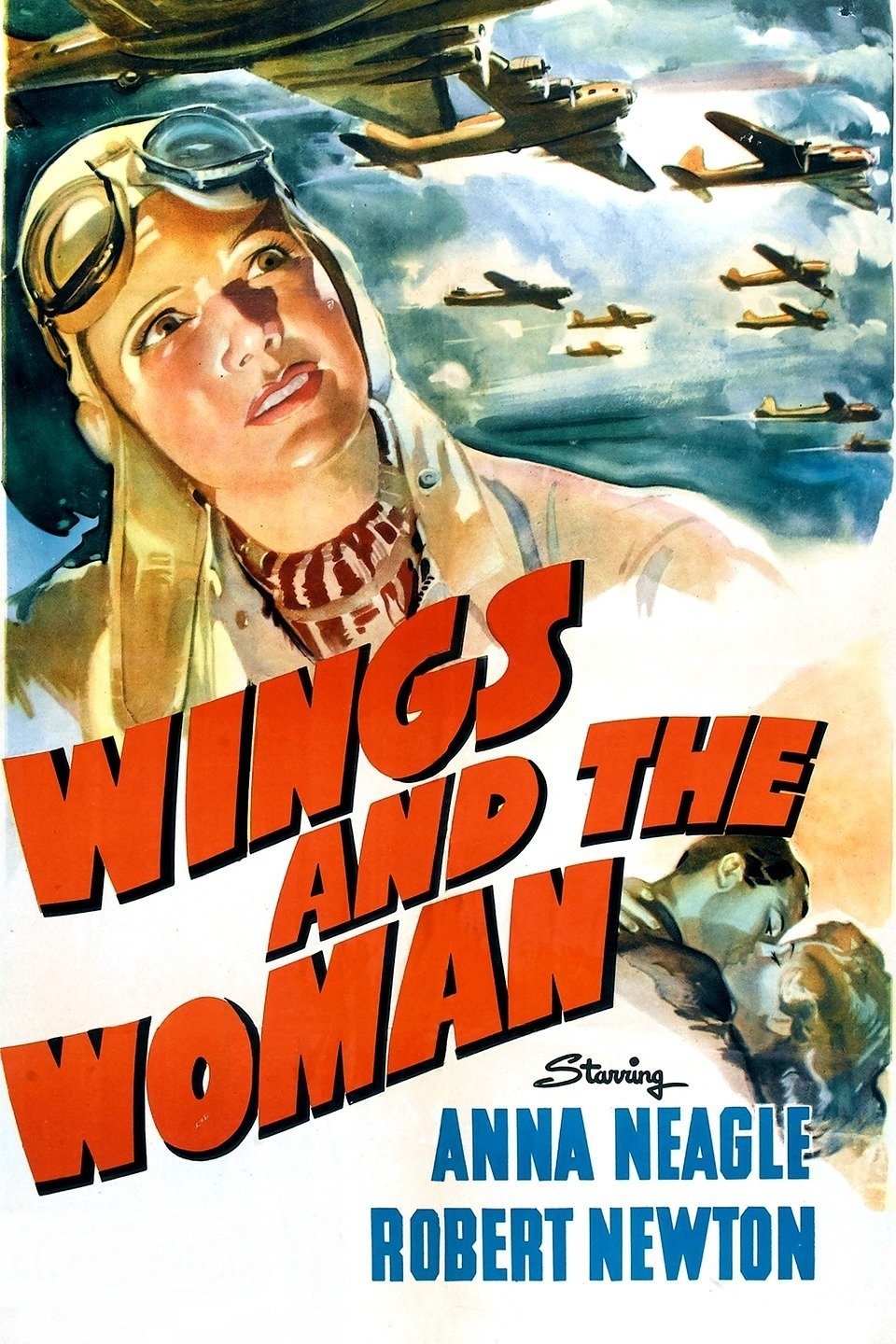
They Flew Alone
(Mr. Johnson)
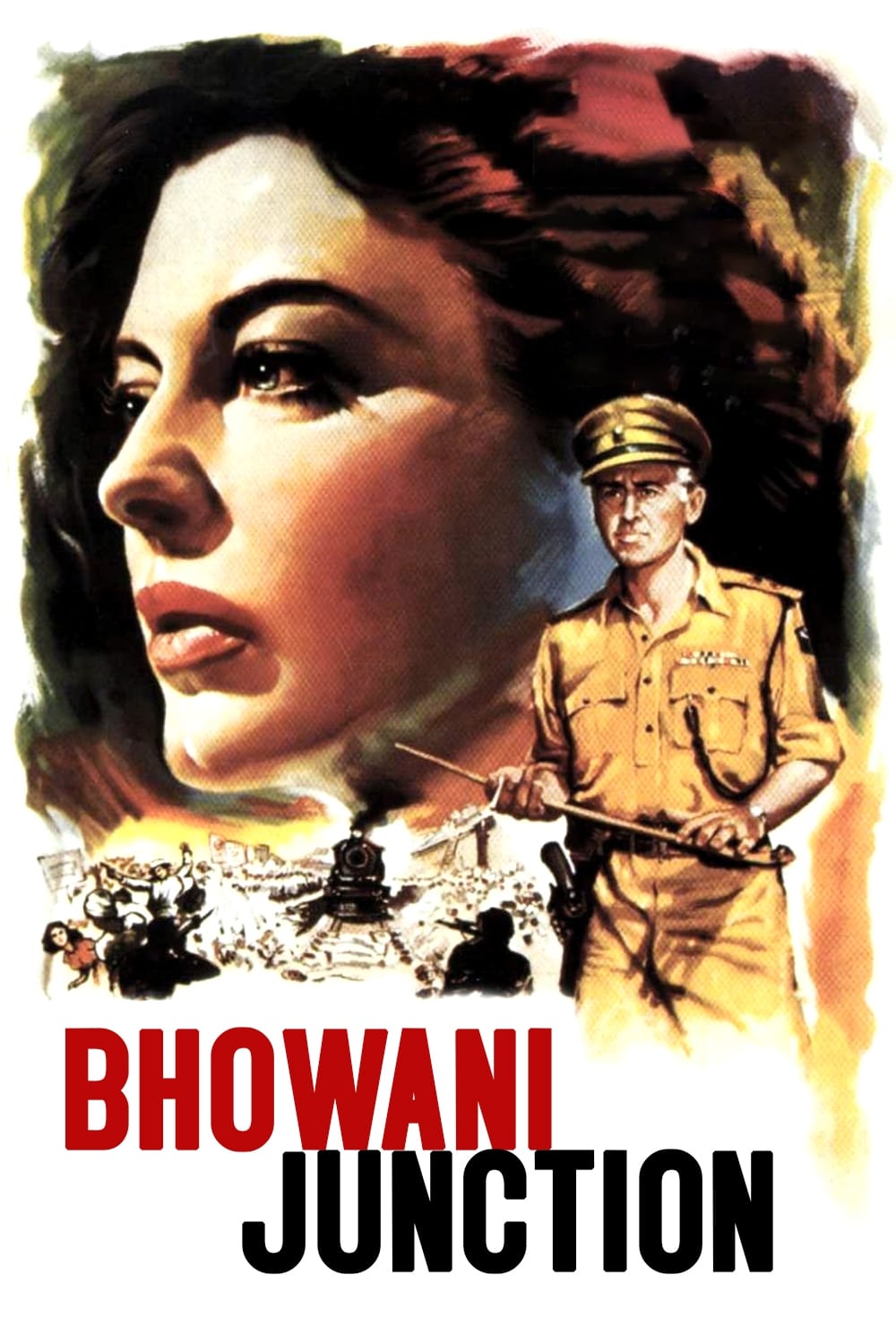
Bhowani Junction
(Thomas Jones)
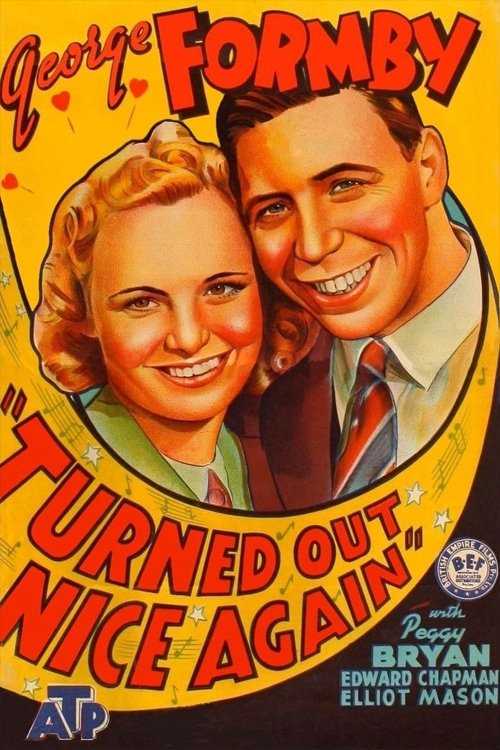
Turned Out Nice Again
(Uncle Arnold)
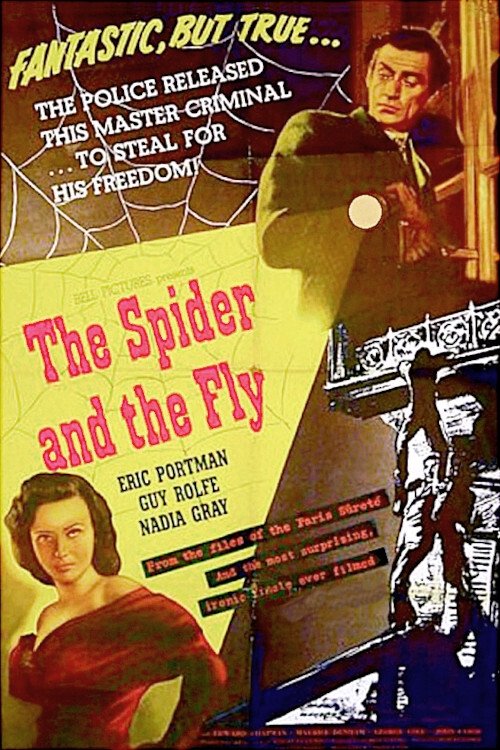
The Spider and the Fly
(Minister for War)

The Church Mouse
(Wormwood)
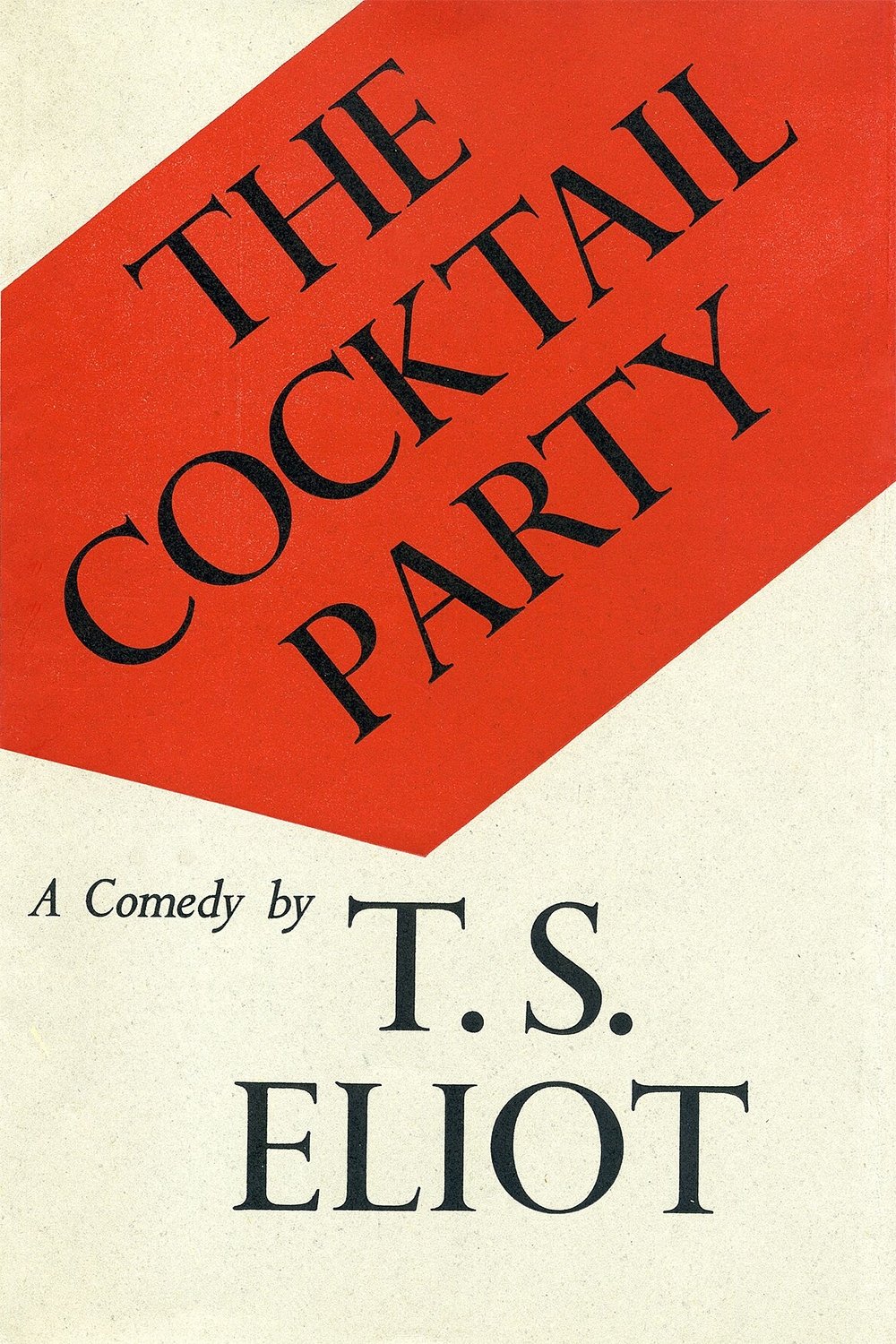
The Cocktail Party
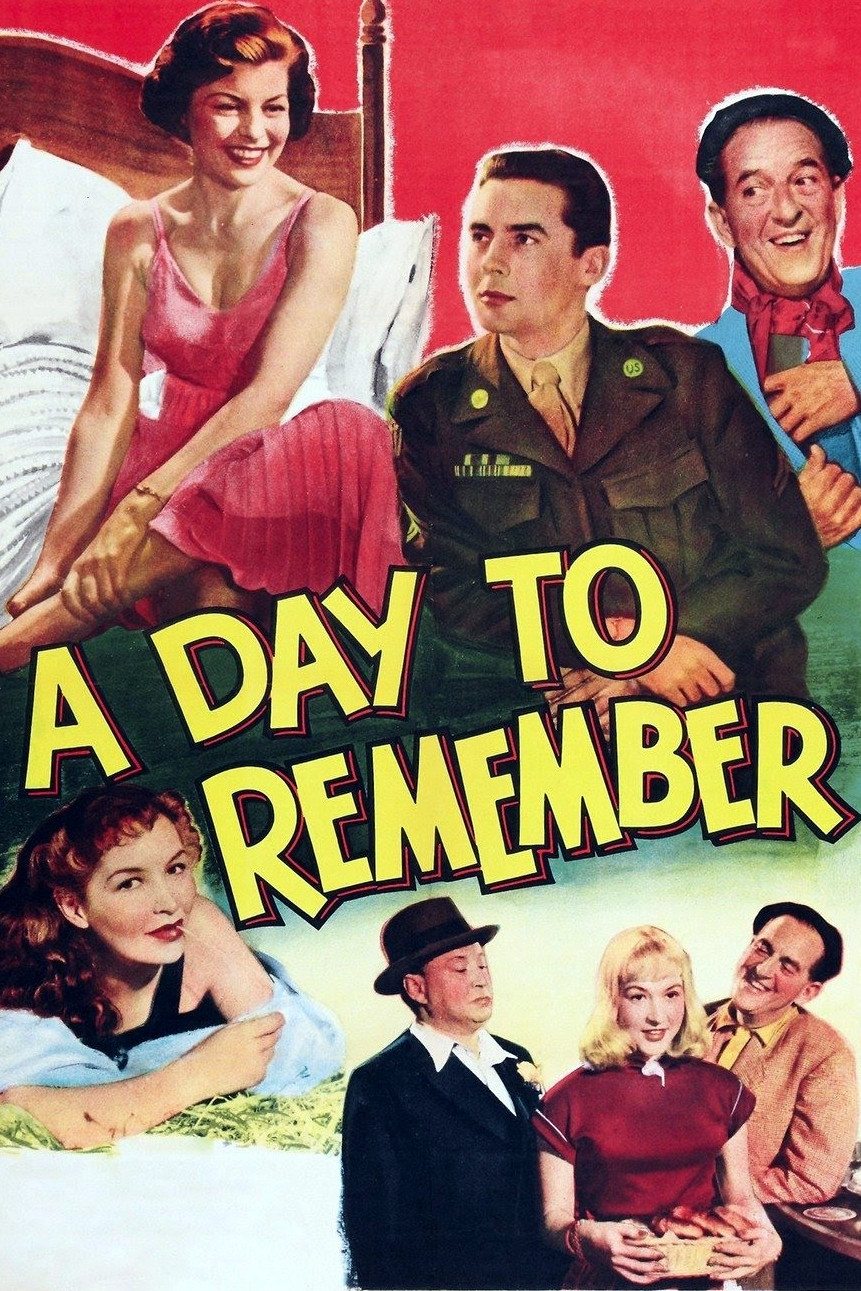
A Day to Remember
(Mr. Robinson)
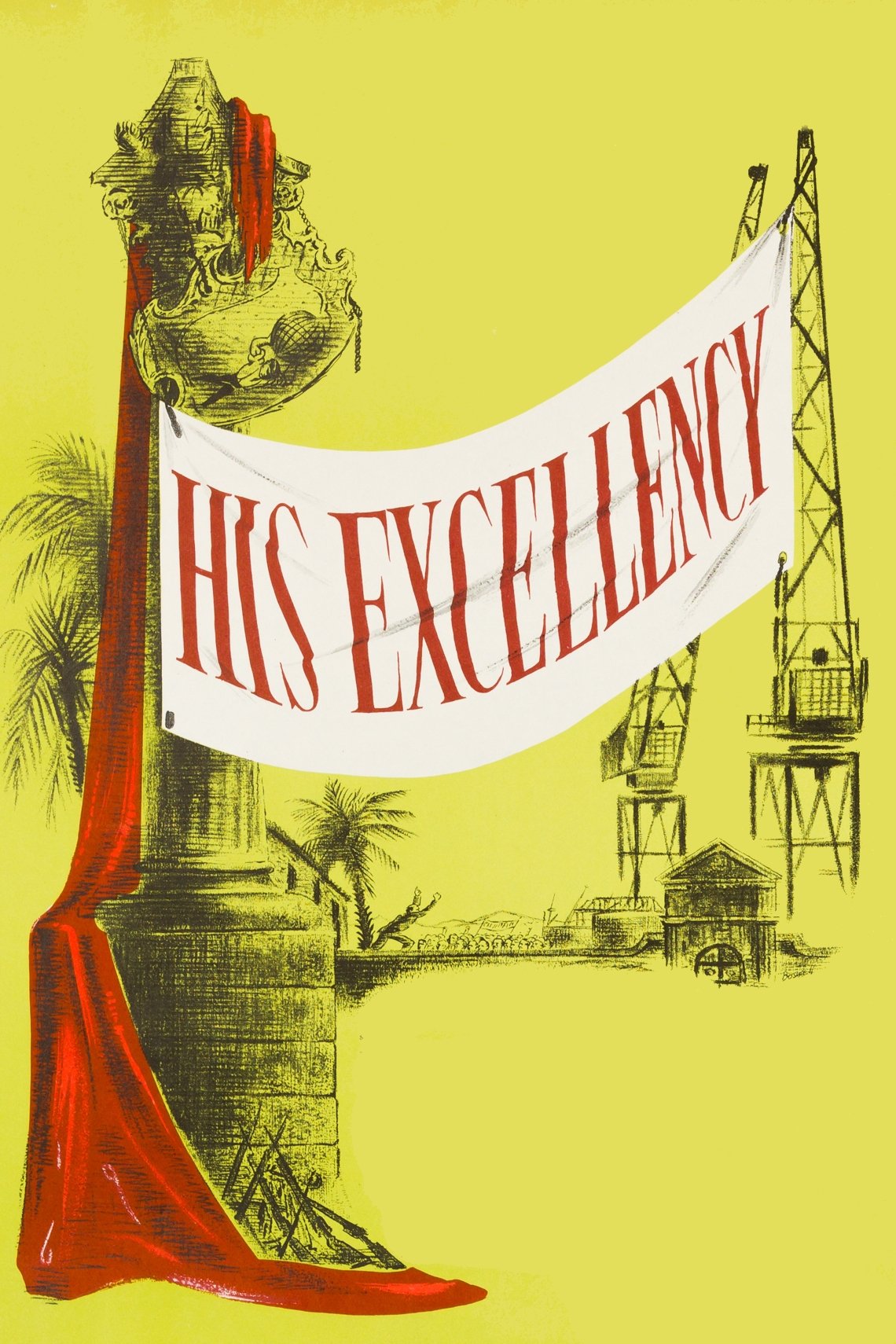
His Excellency
(The Admiral)
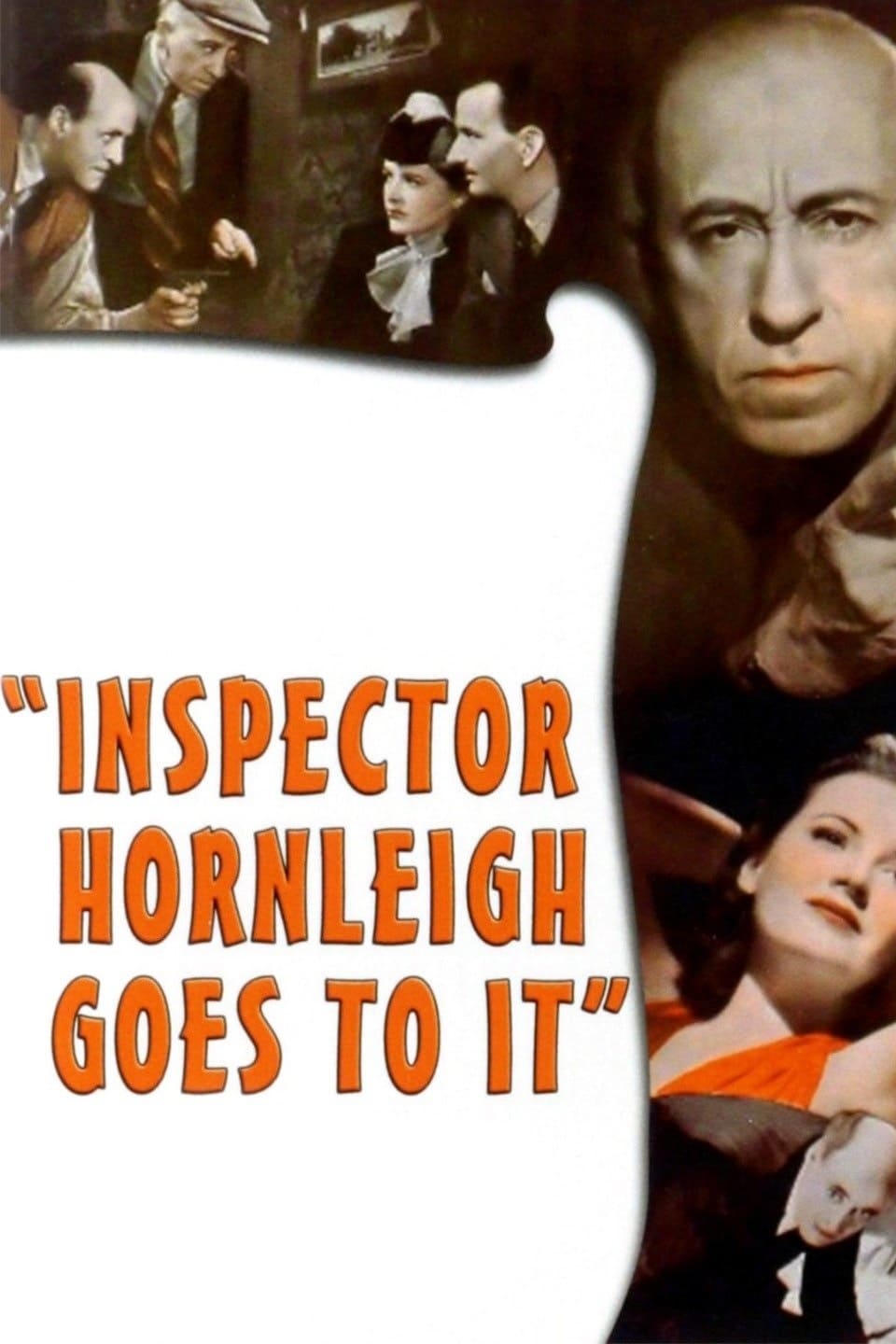
Inspector Hornleigh Goes to It
(Mr. Blenkinsop)
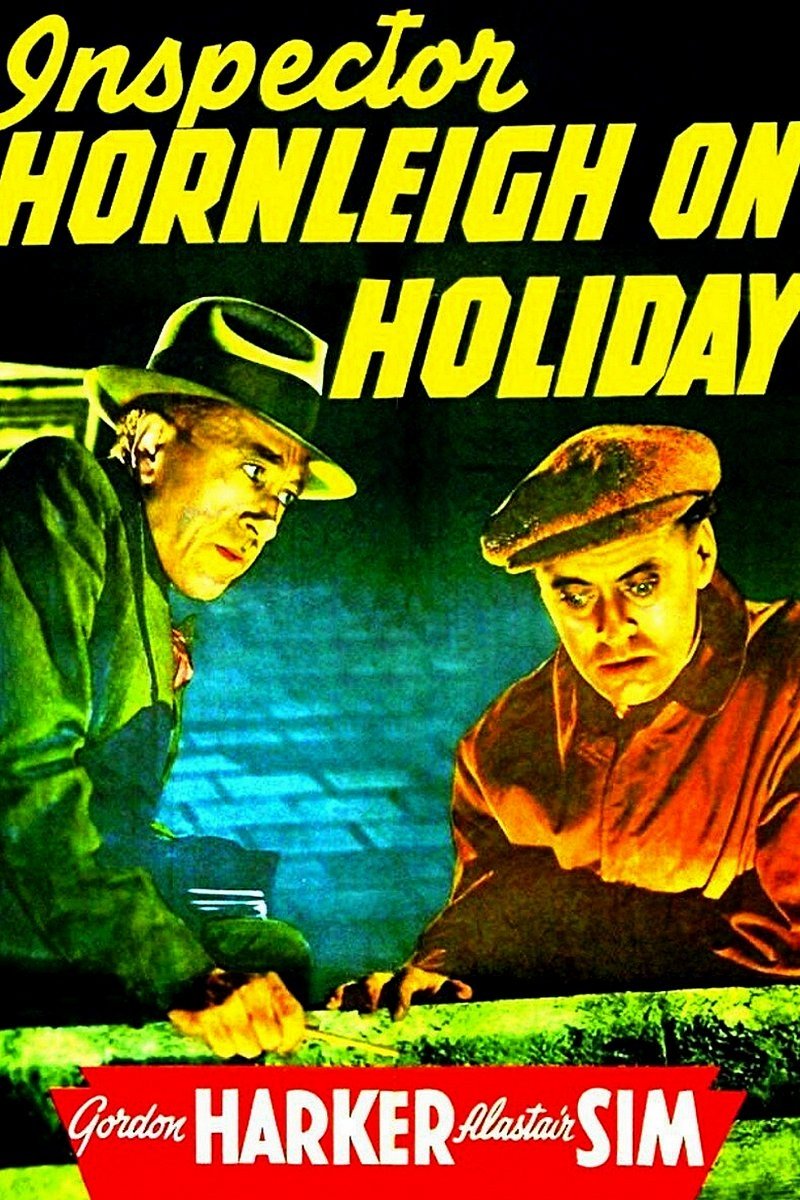
Inspector Hornleigh on Holiday
(Captain Edwin Fraser)
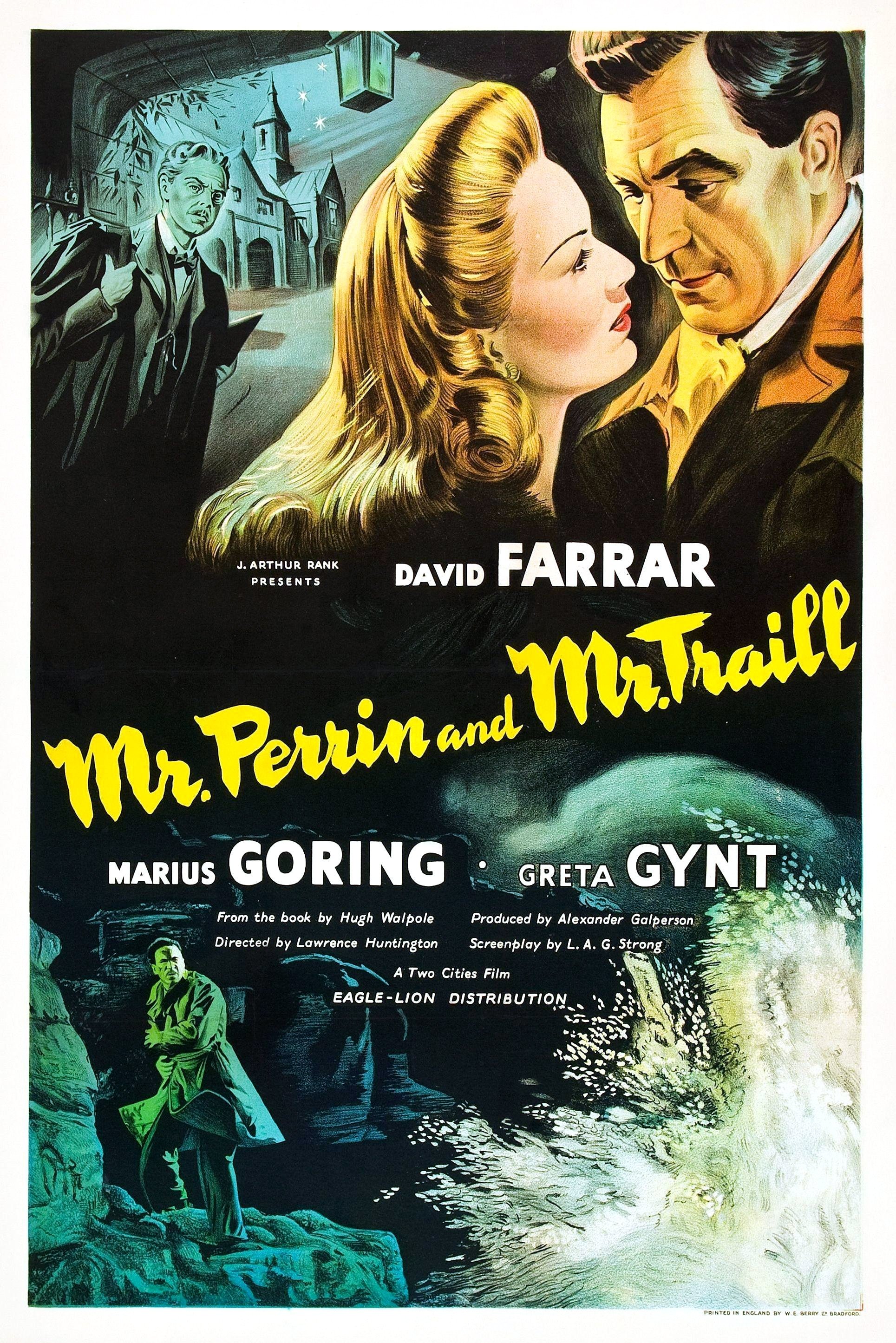
Mr. Perrin and Mr. Traill
(Birkland)
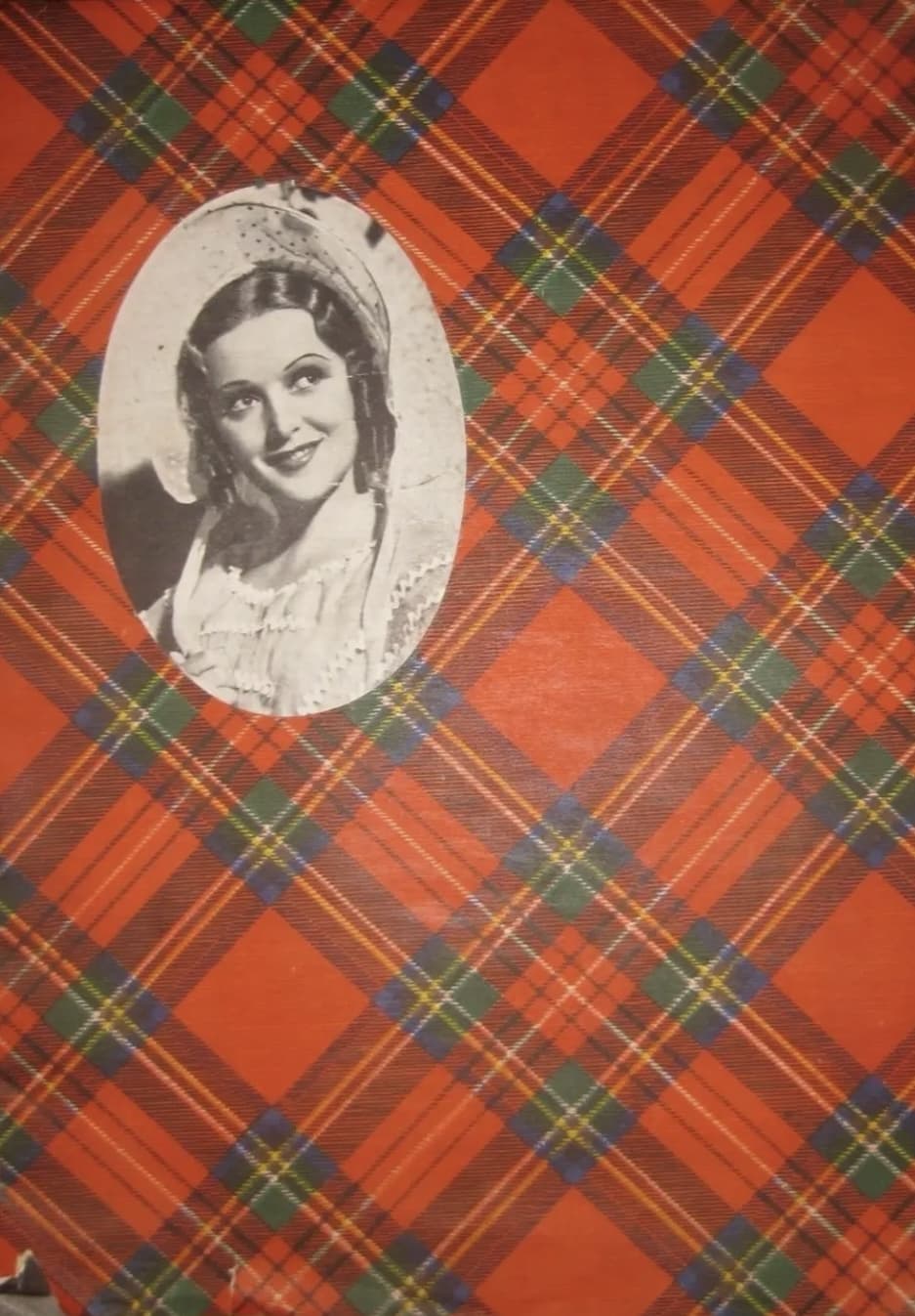
Marigold
(Mordan)
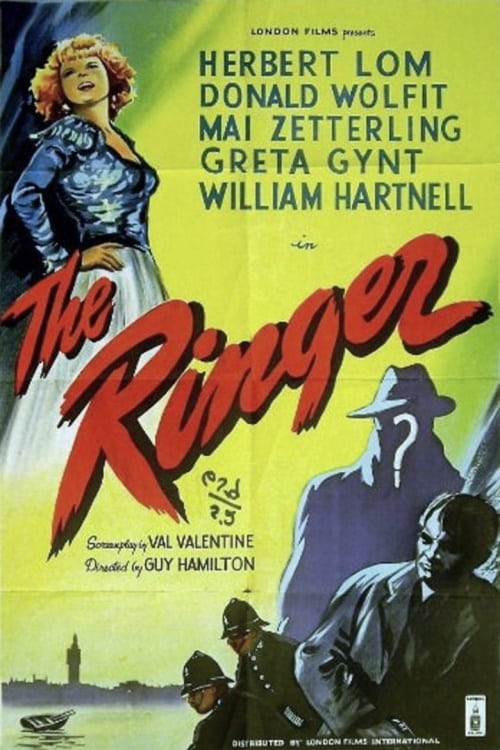
The Ringer
(Stranger)
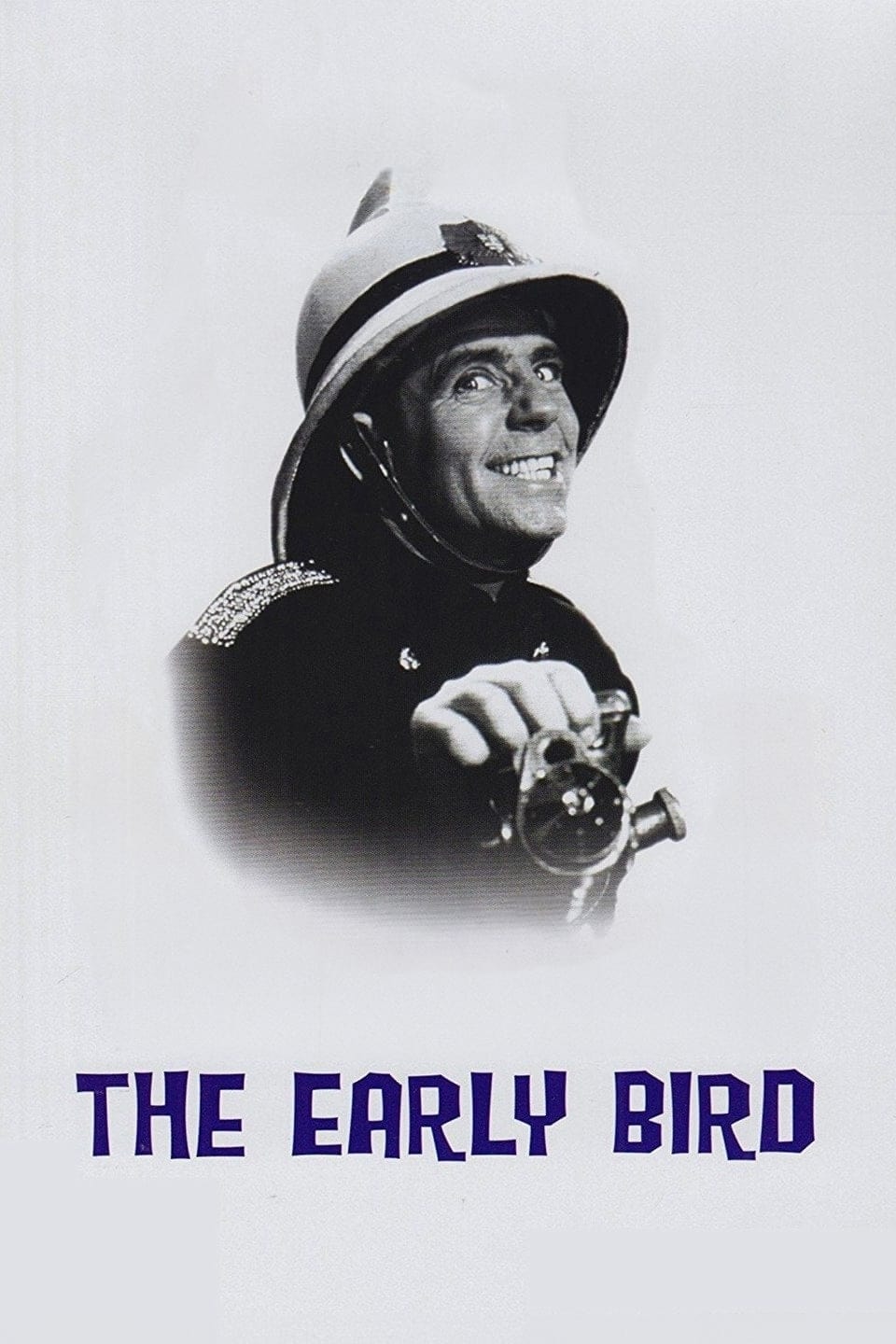
The Early Bird
(Mr. Thomas Grimsdale)
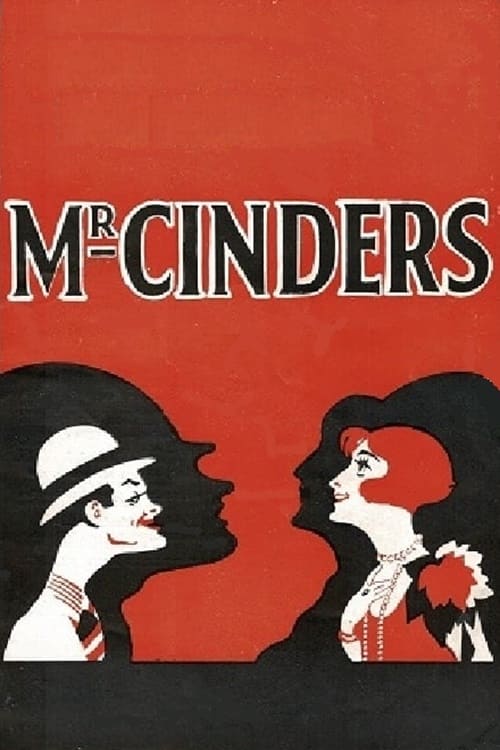
Mister Cinders
(Mr. Gaunt)
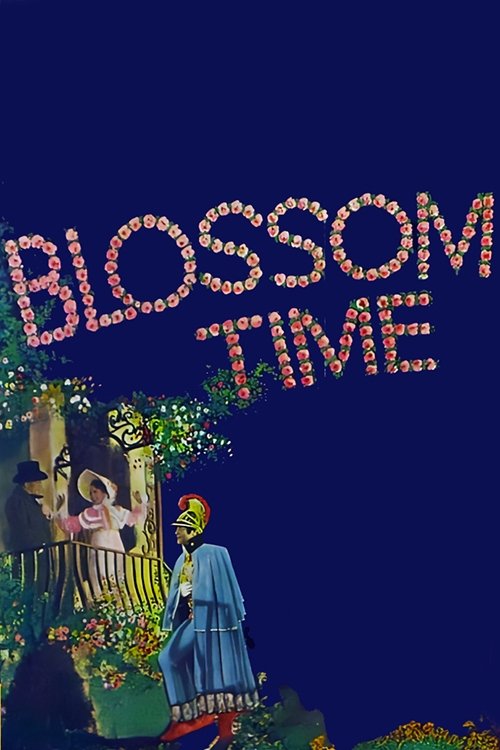
Blossom Time
(Meyerhoffer)
The Nursemaid Who Disappeared
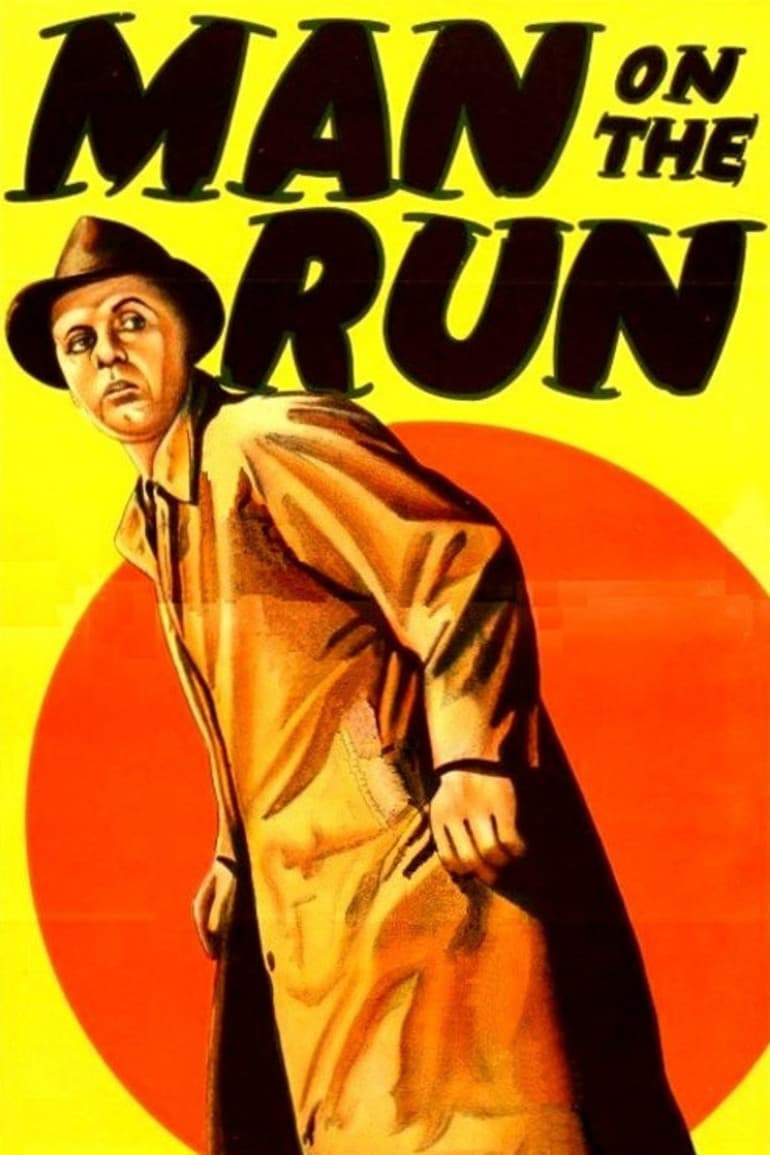
Man on the Run
(Chief Inspector Mitchell)
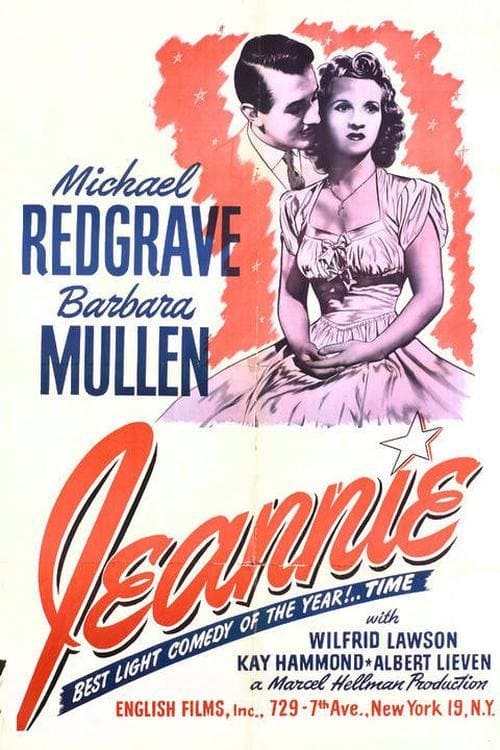
Jeannie
(Mr. Jansen)
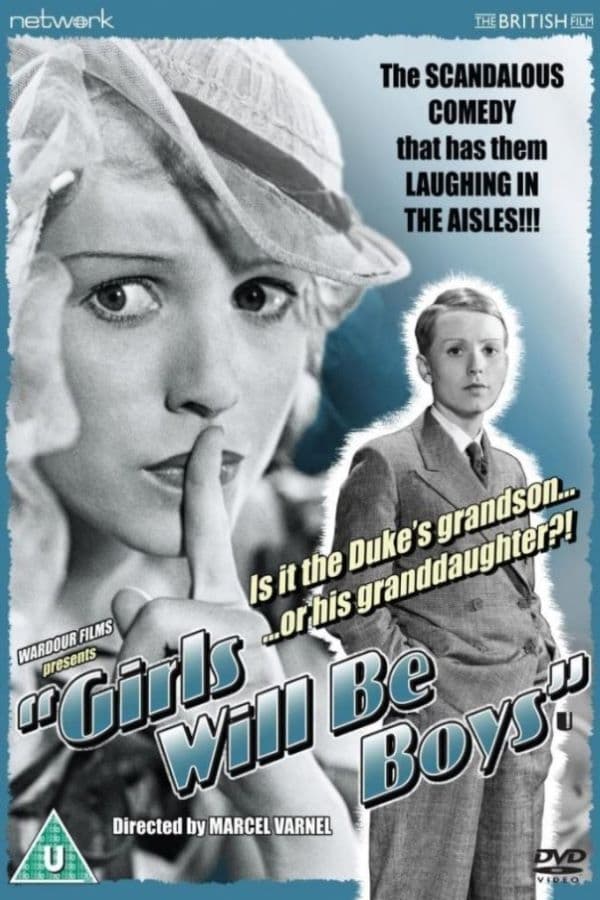
Girls Will Be Boys
(Grey)
The Young and the Guilty
(George Connor)
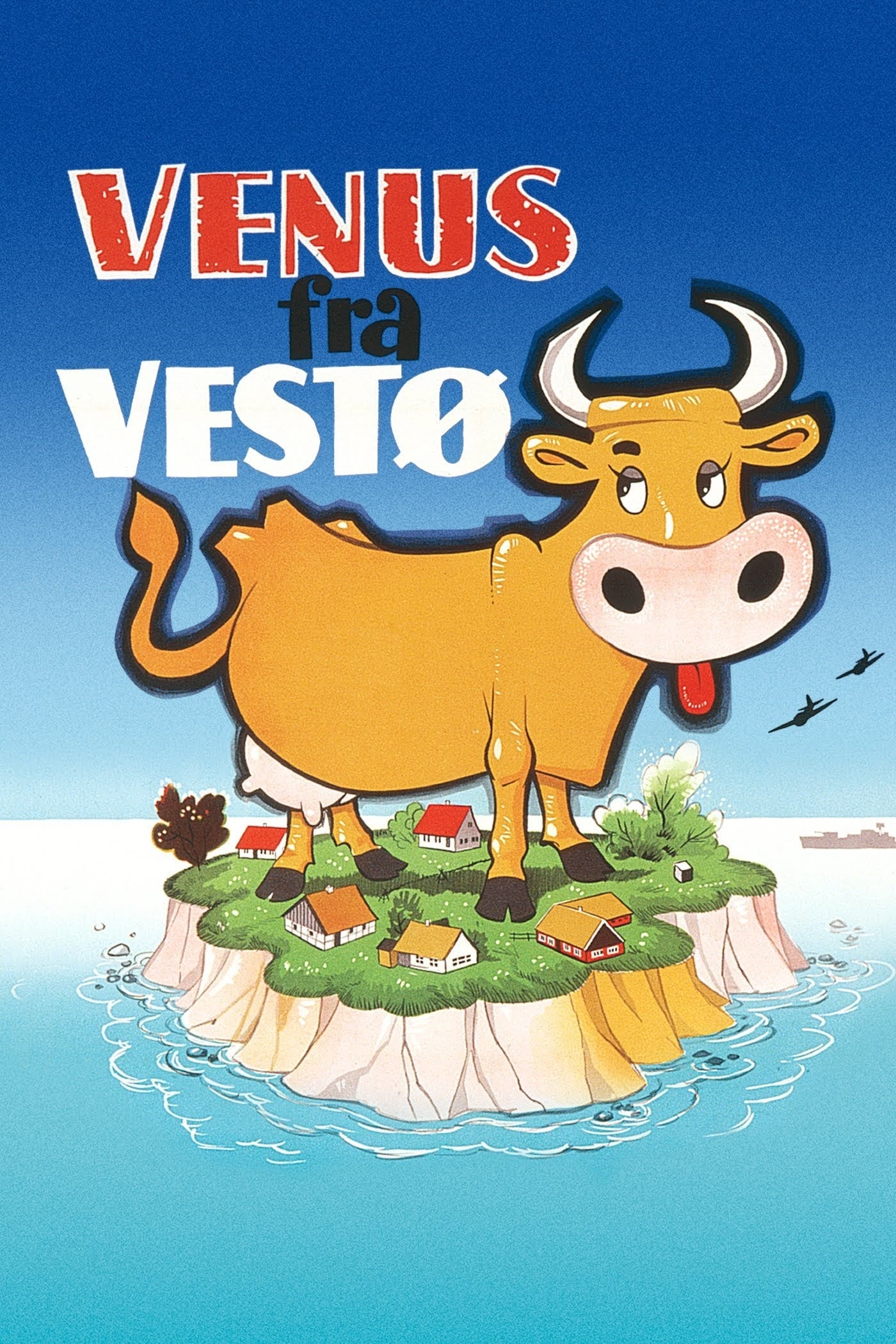
Venus fra Vestø
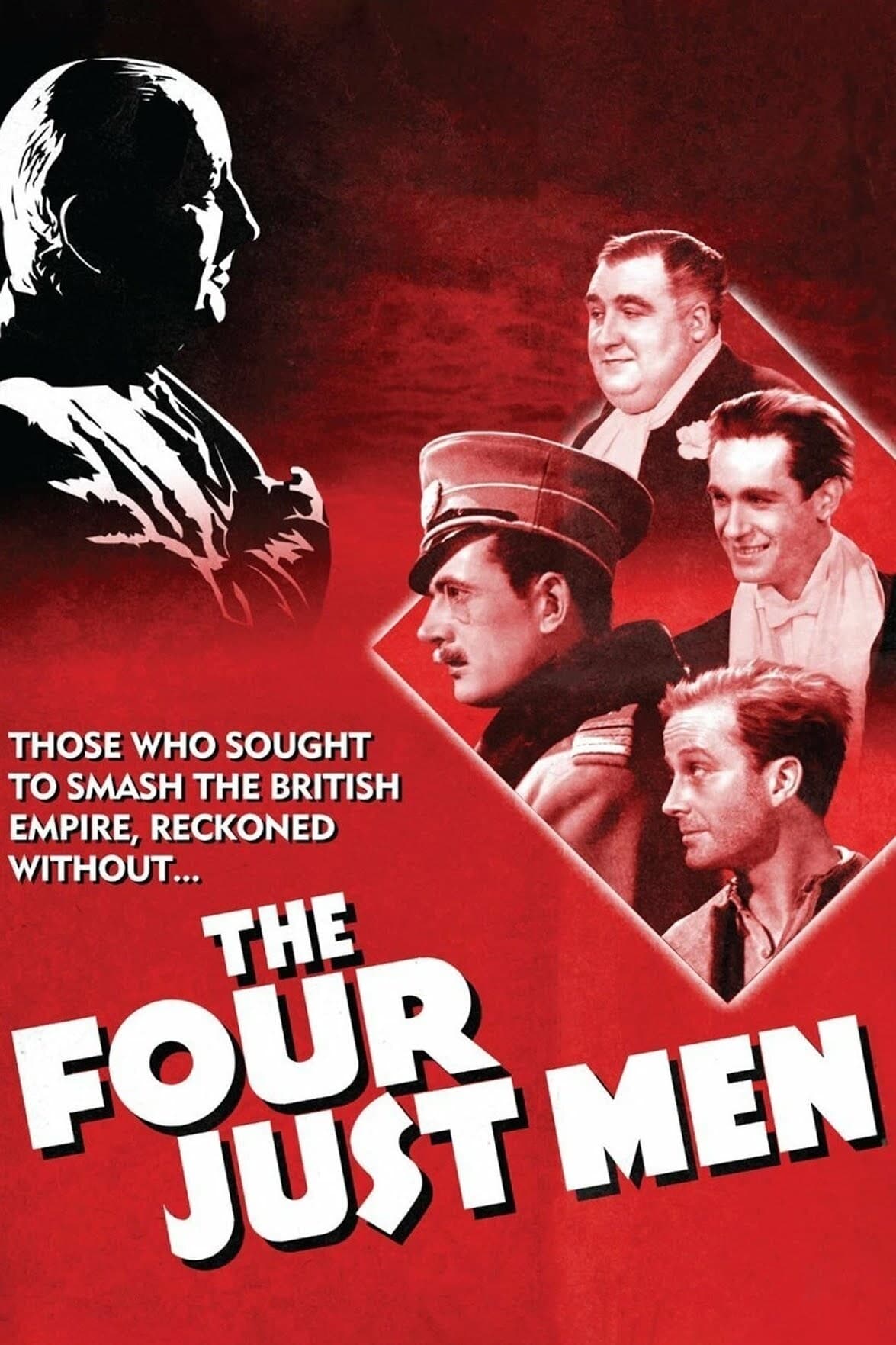
The Four Just Men
(B.J. Burrell)
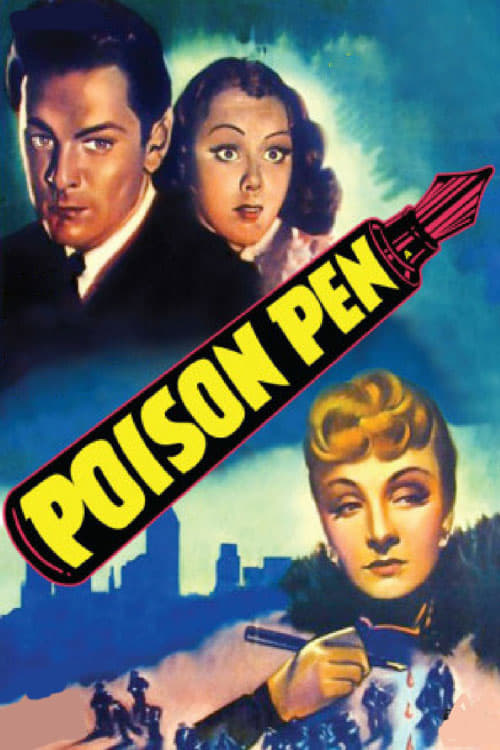
Poison Pen
(Len Griffin)
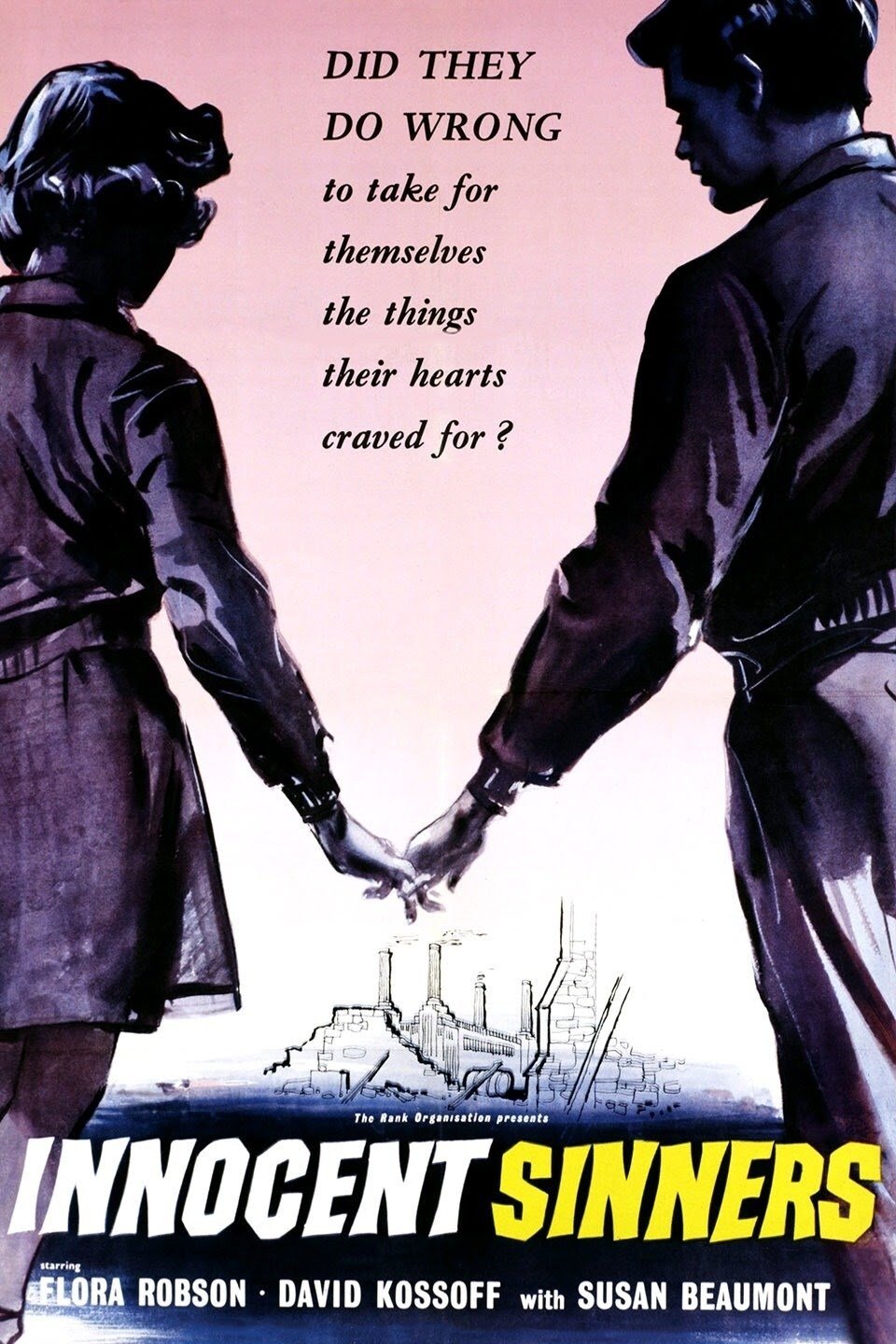
Innocent Sinners
(Manley)
The Big Deal
(Sir Pierson Cale)
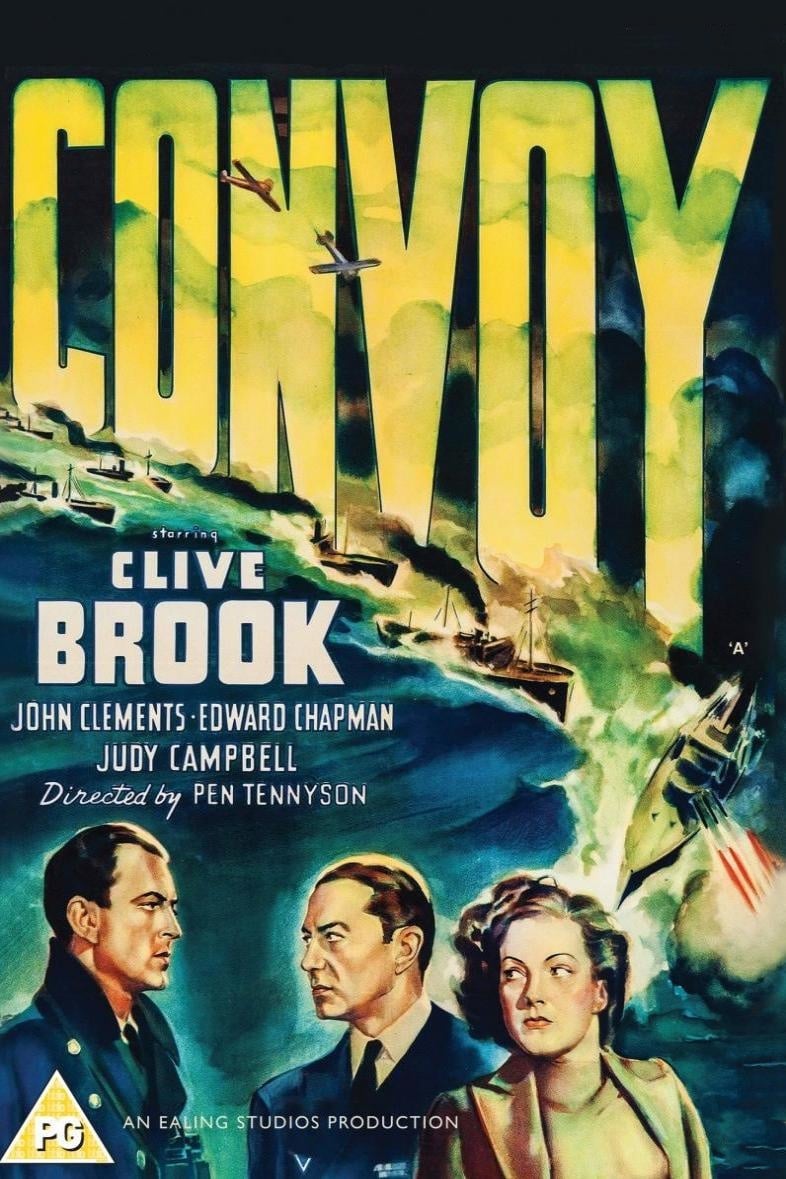
Convoy
(Captain Eckersley)
Someone at the Door
(Price)

Ships with Wings
(Papadopoulos)
The Divine Spark
(Saverio Mercadante)
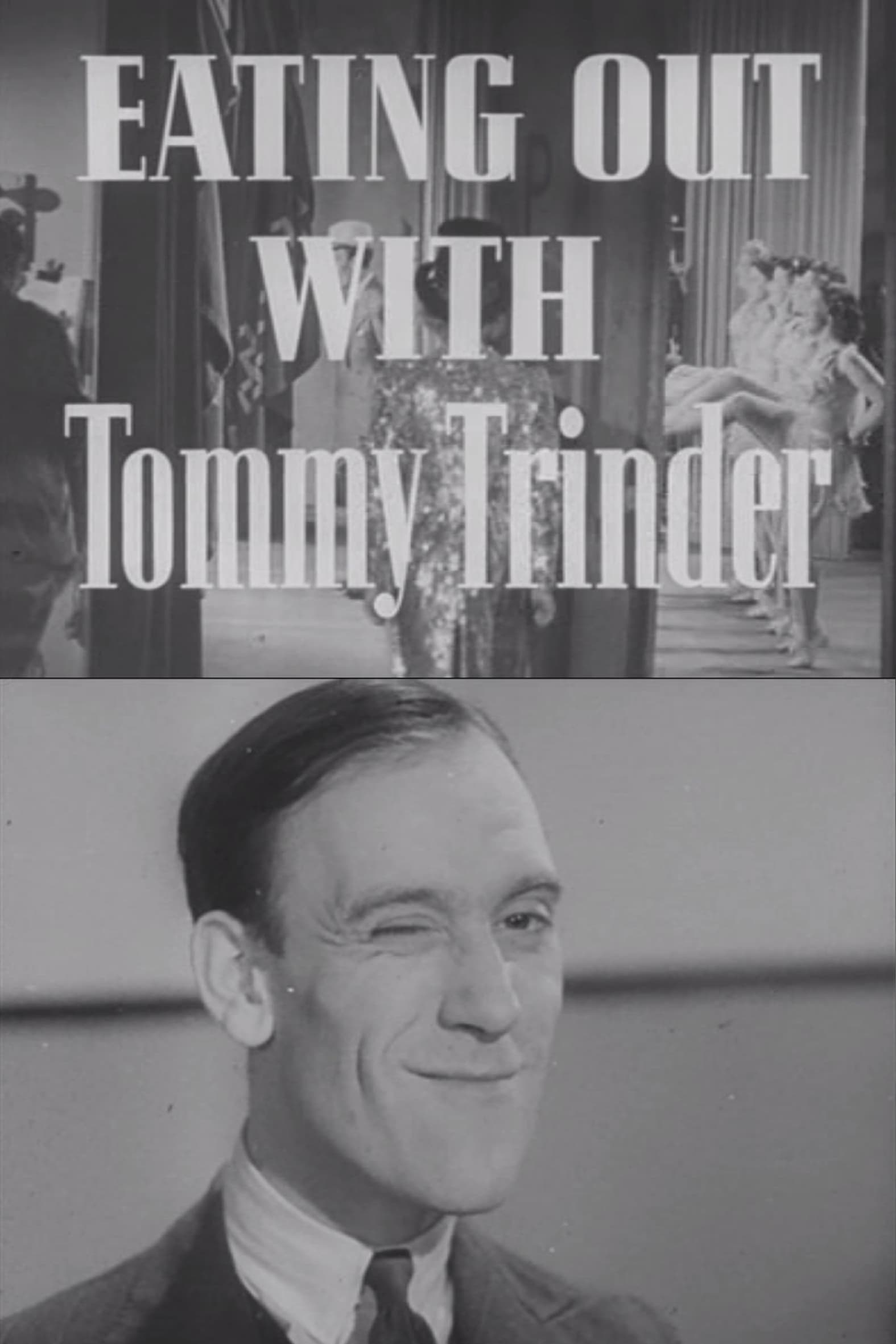
Eating Out with Tommy Trinder
(Mr. Jones)
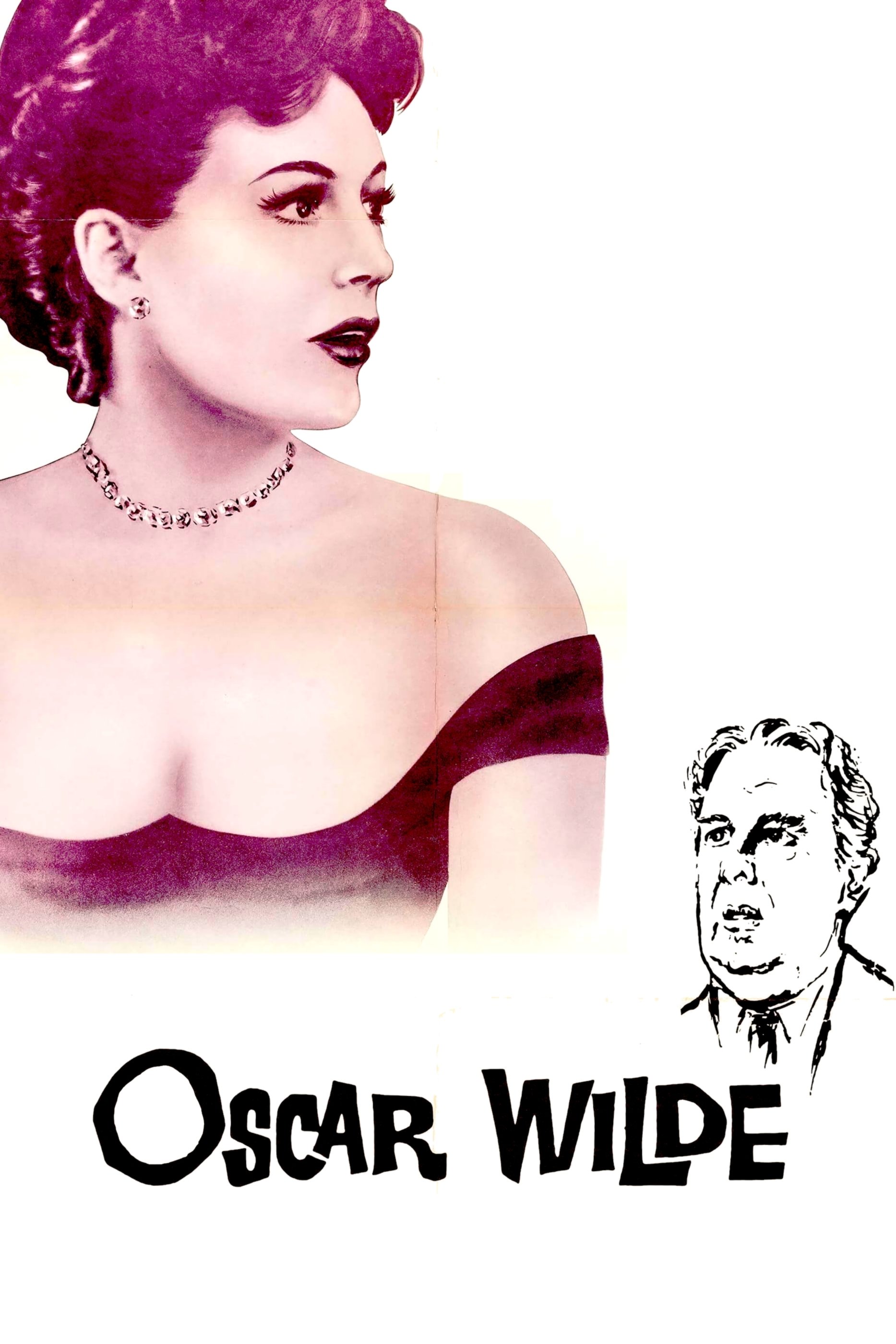
Oscar Wilde
(Marquis of Queensberry)
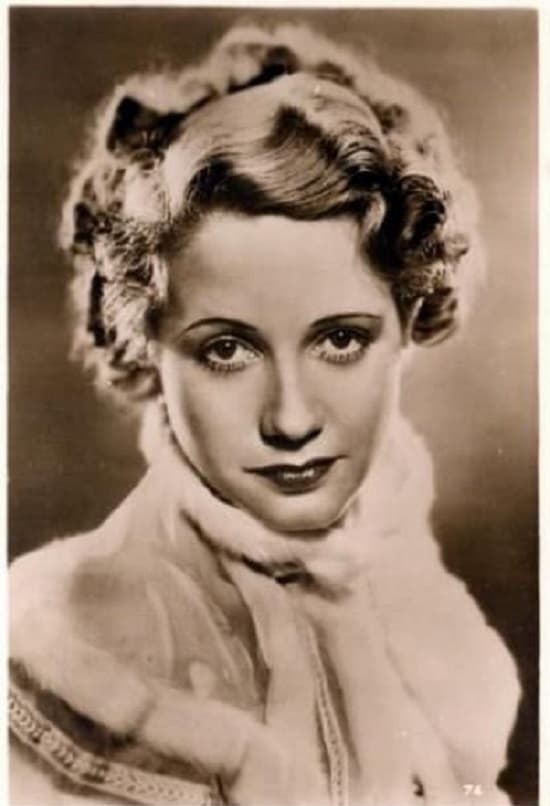
The Briggs Family
(Charley Briggs)
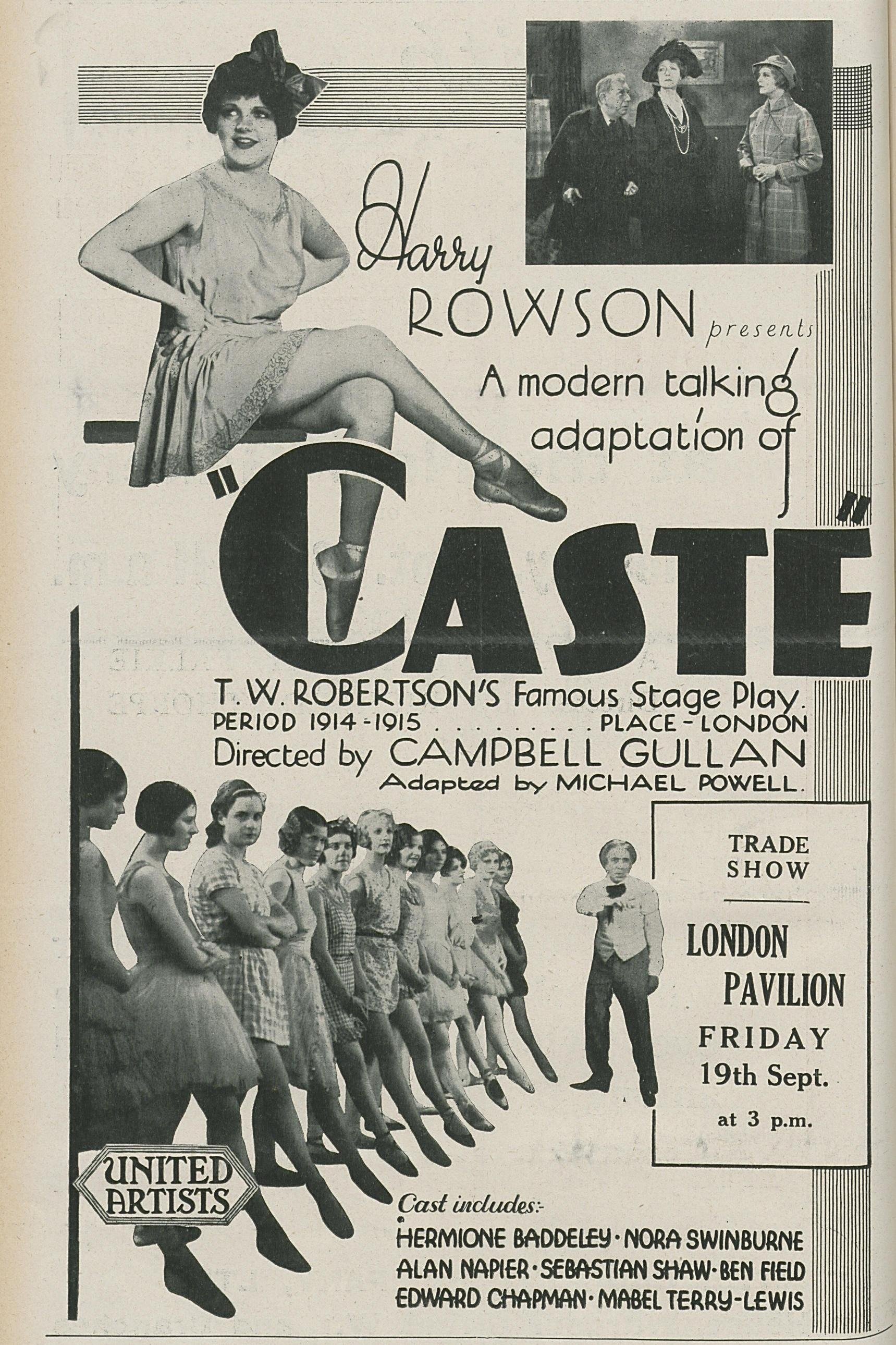
Caste
(Sam Gerridge)
Tilly of Bloomsbury
(Percy Welwyn)
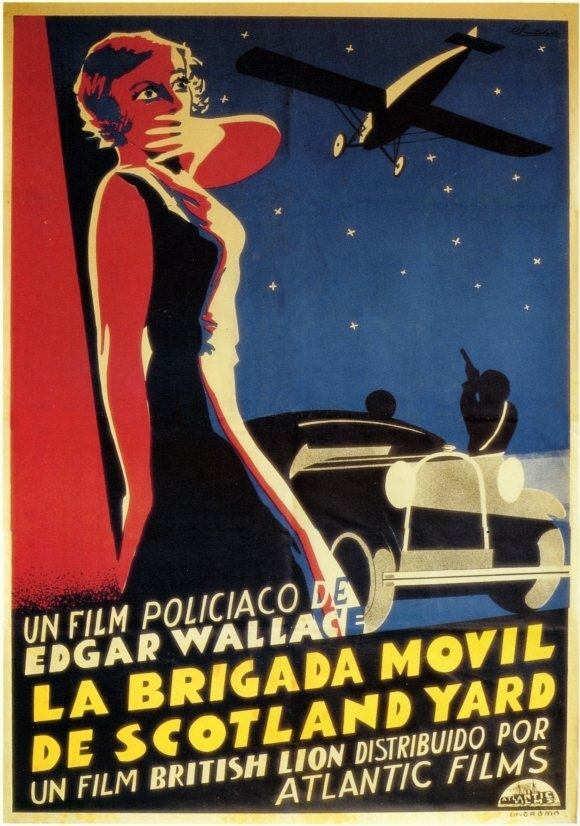
The Flying Squad
(Sedeman)
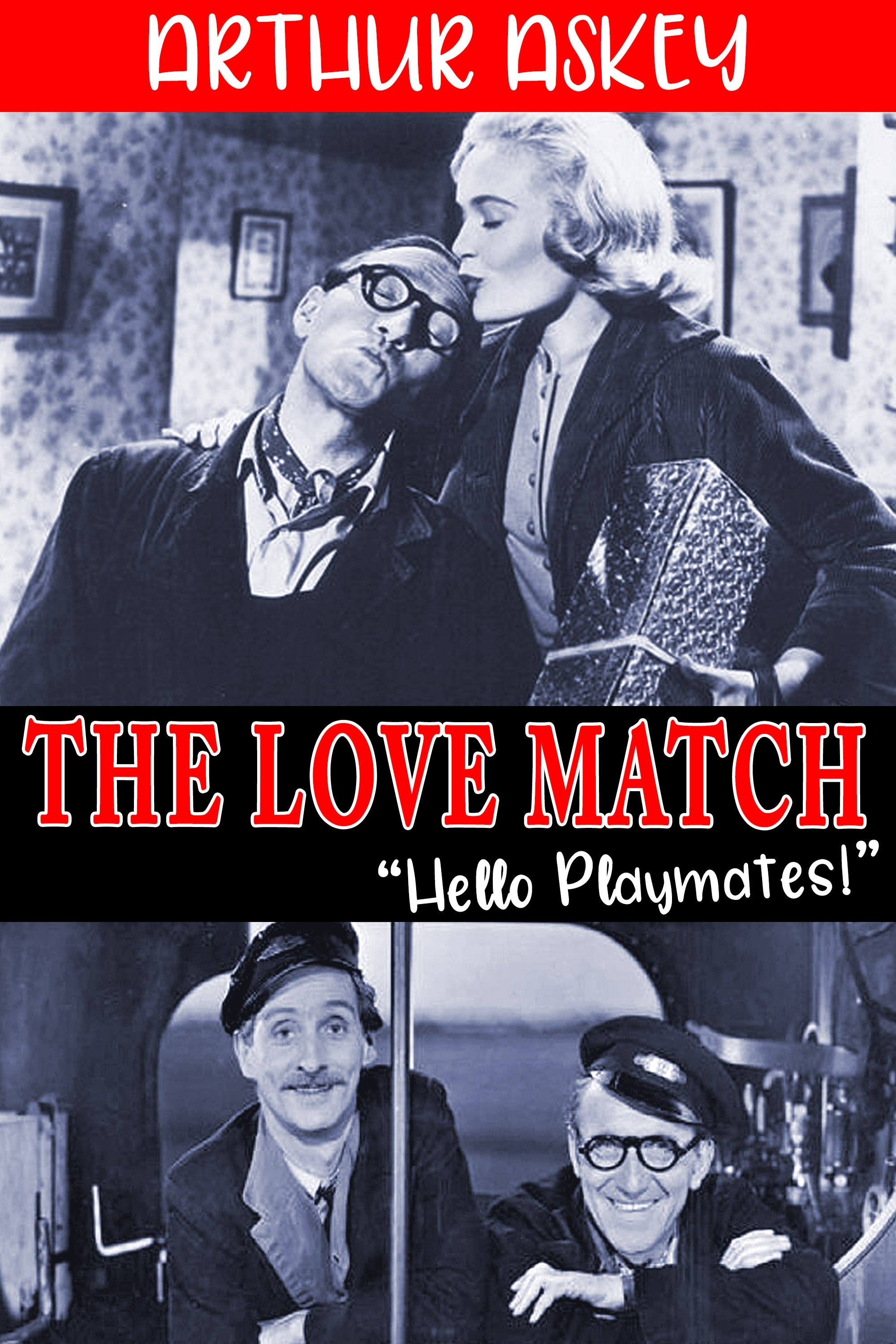
The Love Match
(Mr Longworth)
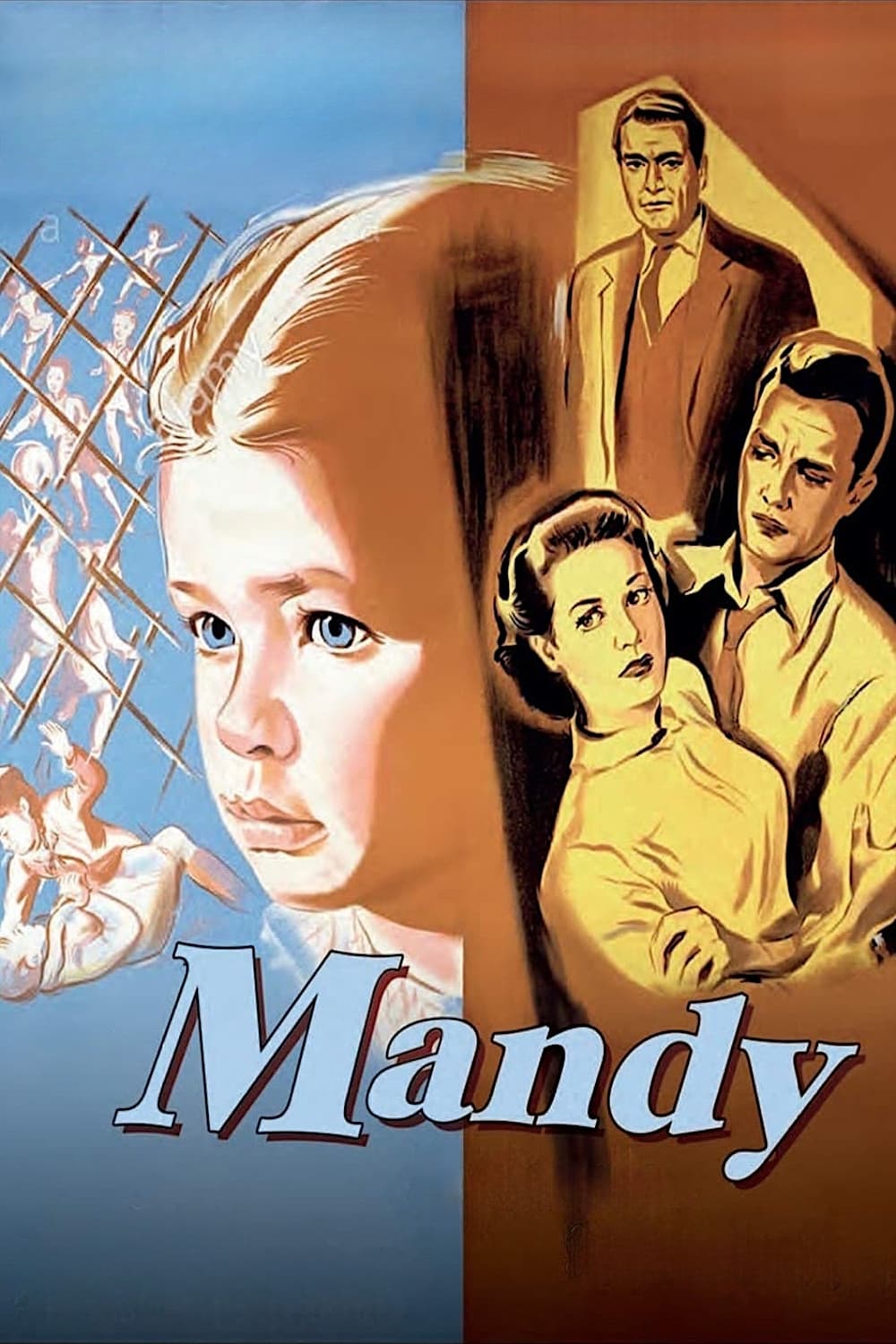
Mandy
(Ackland)
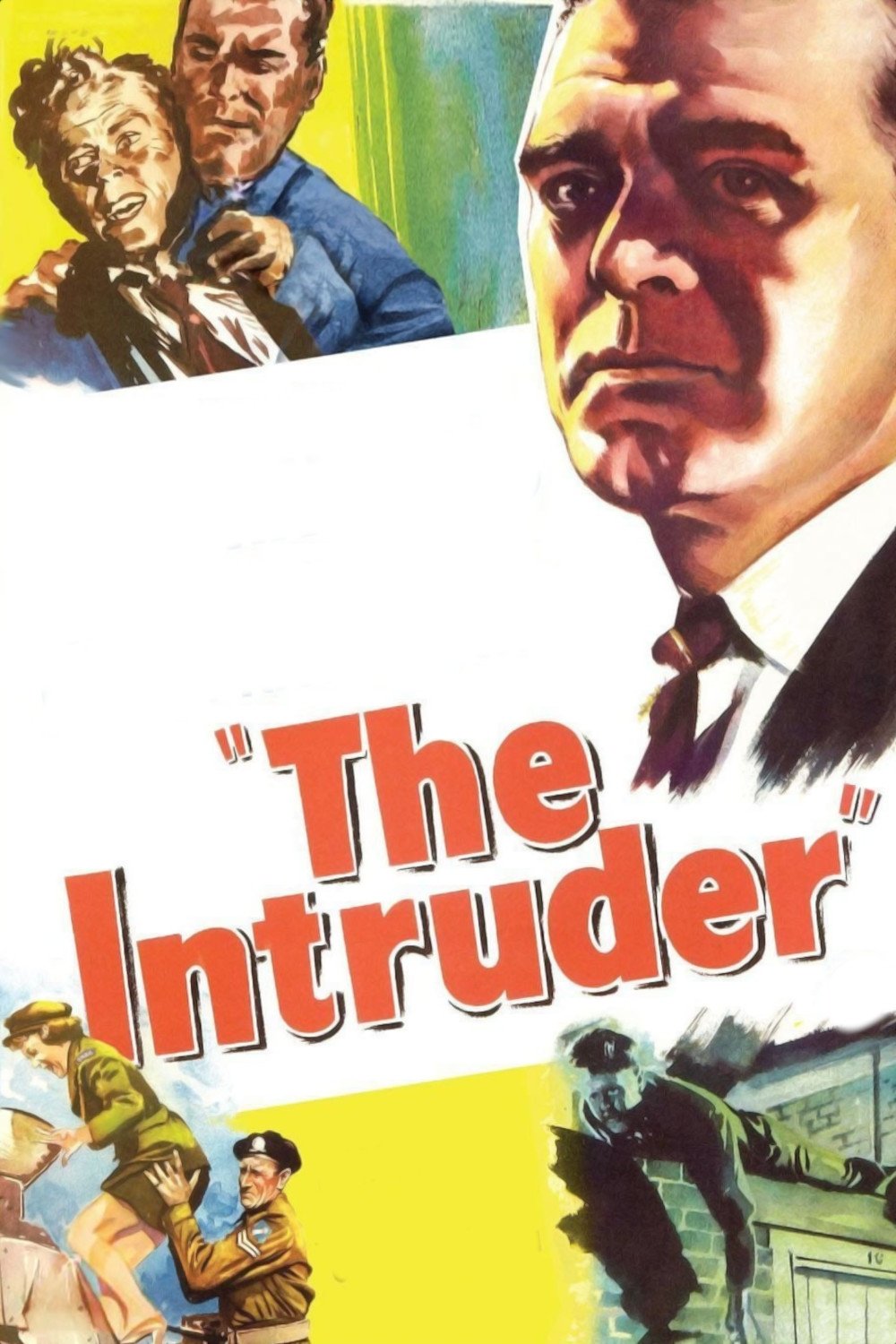
The Intruder
(Lowden)
Who Killed John Savage?
(Inspector Chortley)
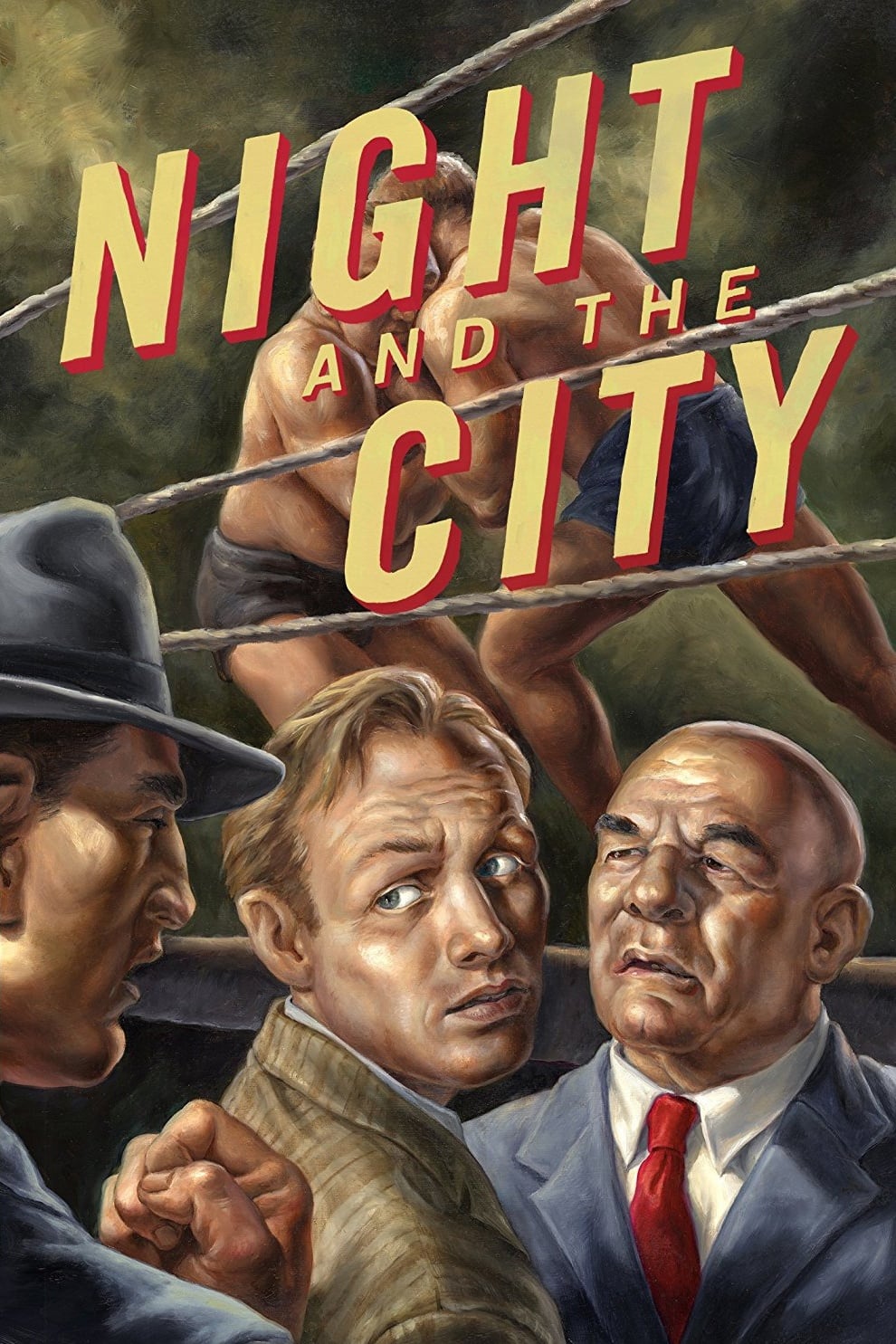
Night and the City
(Hoskins (uncredited))
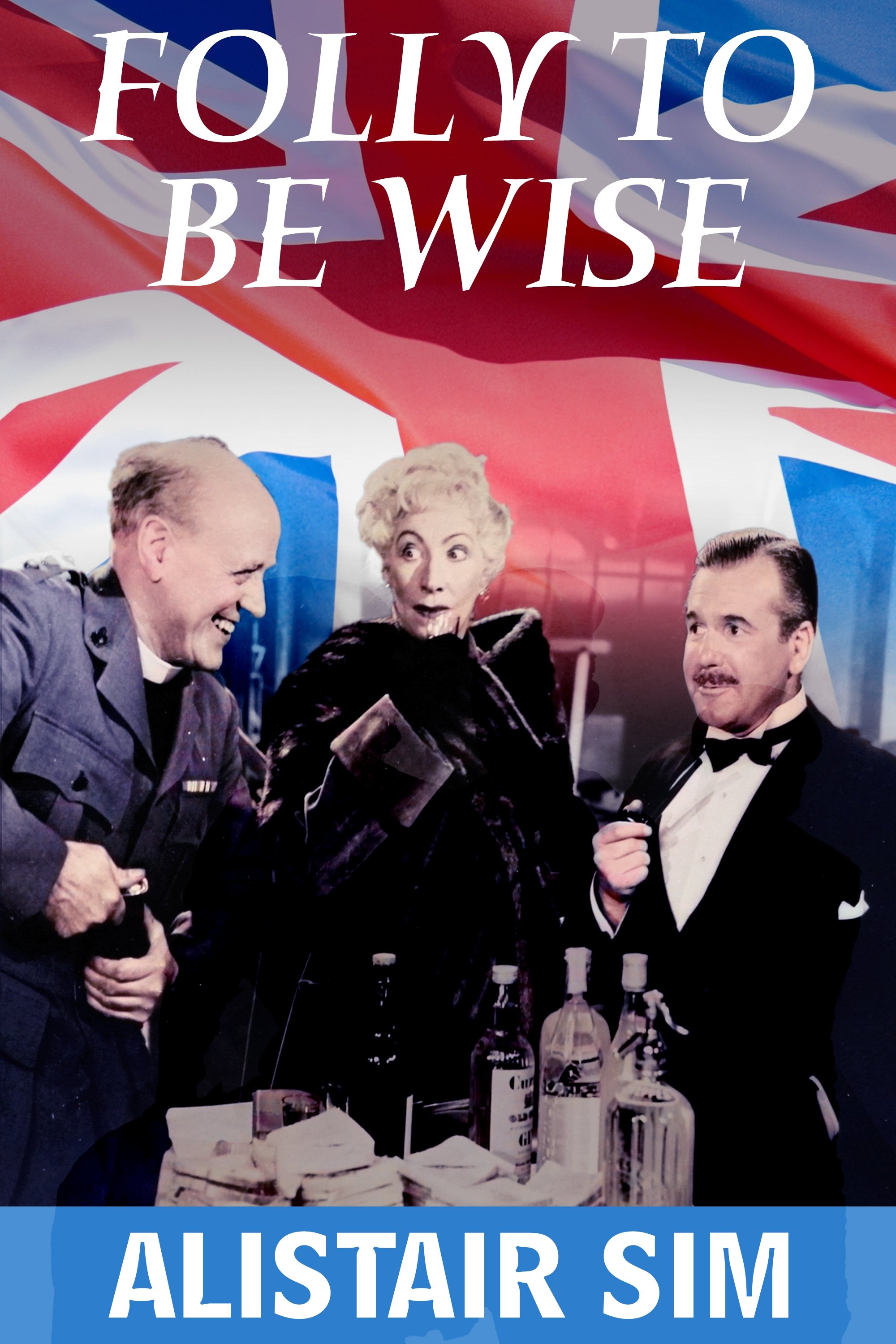
Folly to Be Wise
(Joseph Byres M.P.)
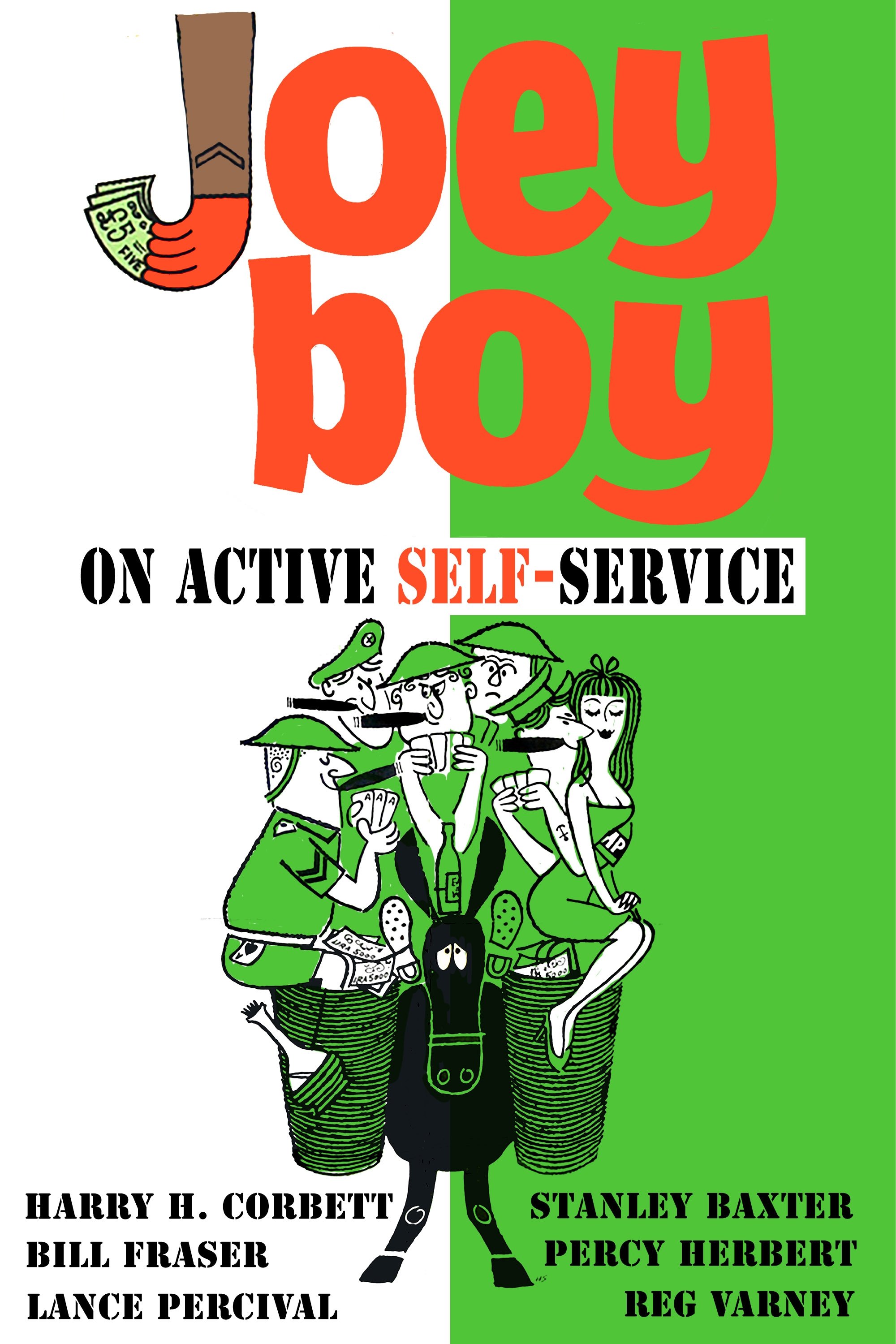
Joey Boy
(Tom Hobson)
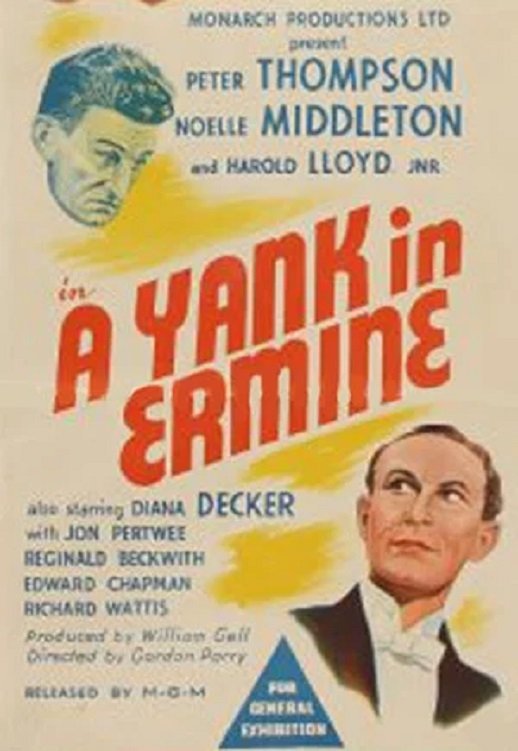
A Yank in Ermine
(Duke of Fontenham)
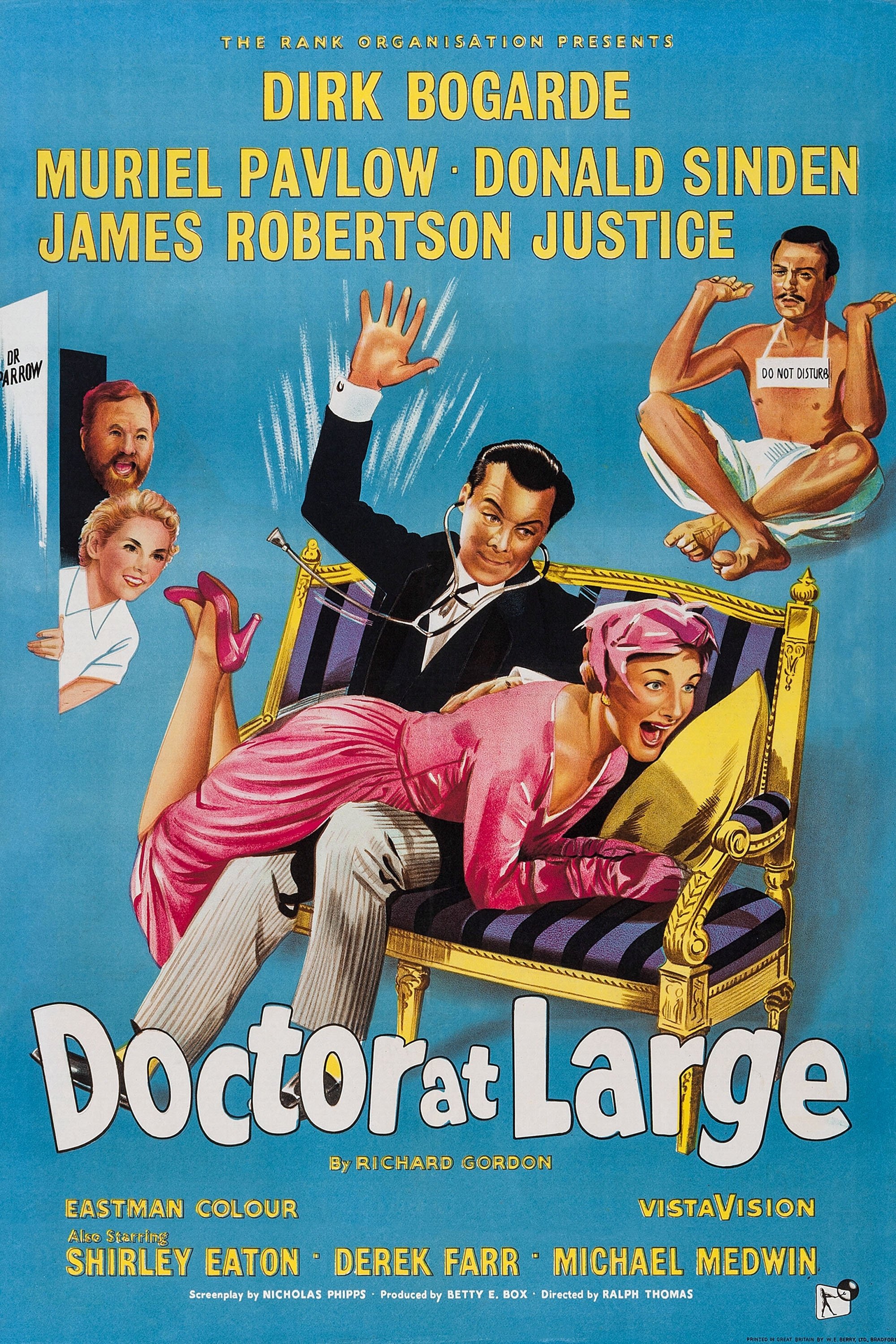
Doctor at Large
(Mr. Wilkins)
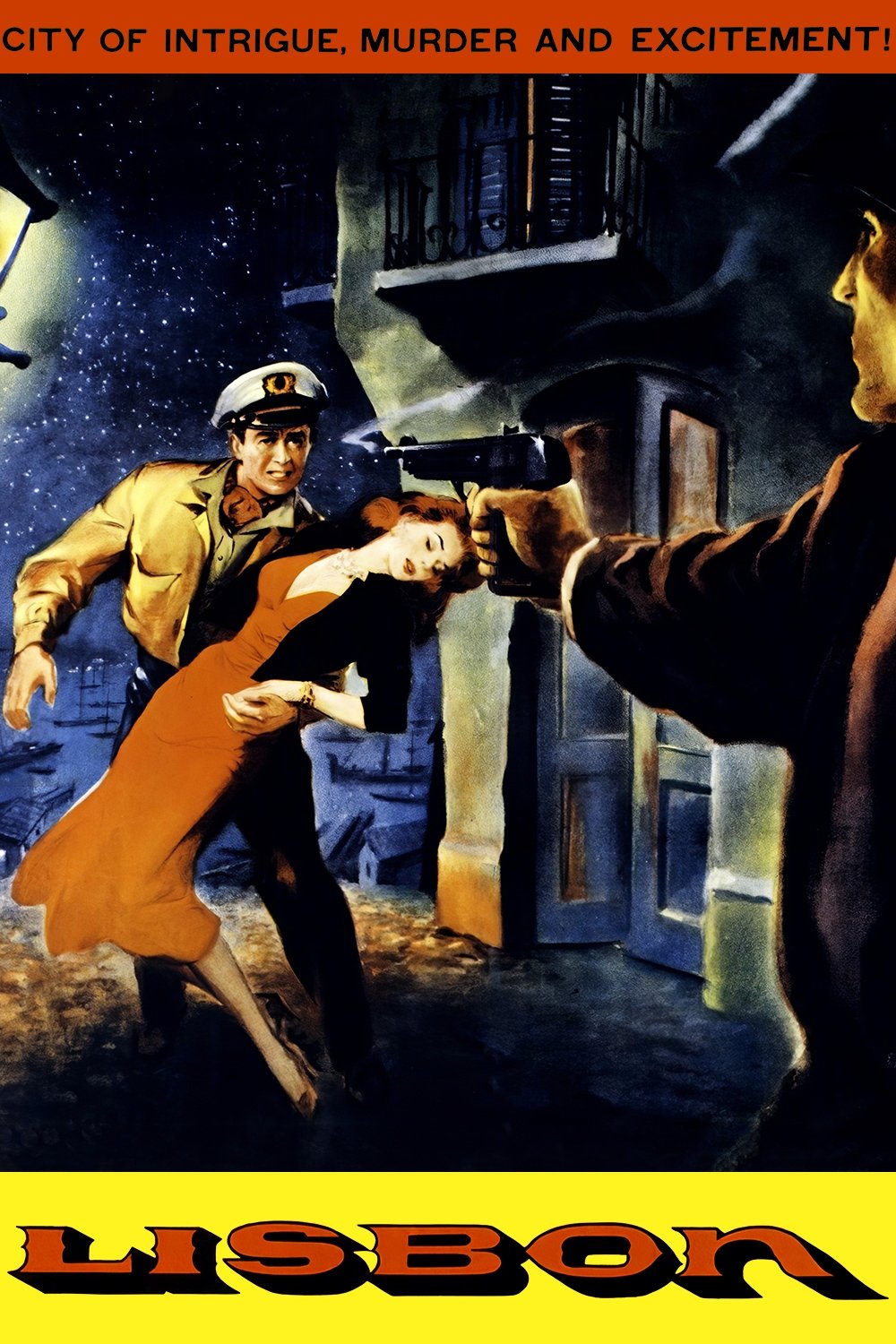
Lisbon
(Edgar Selwyn)
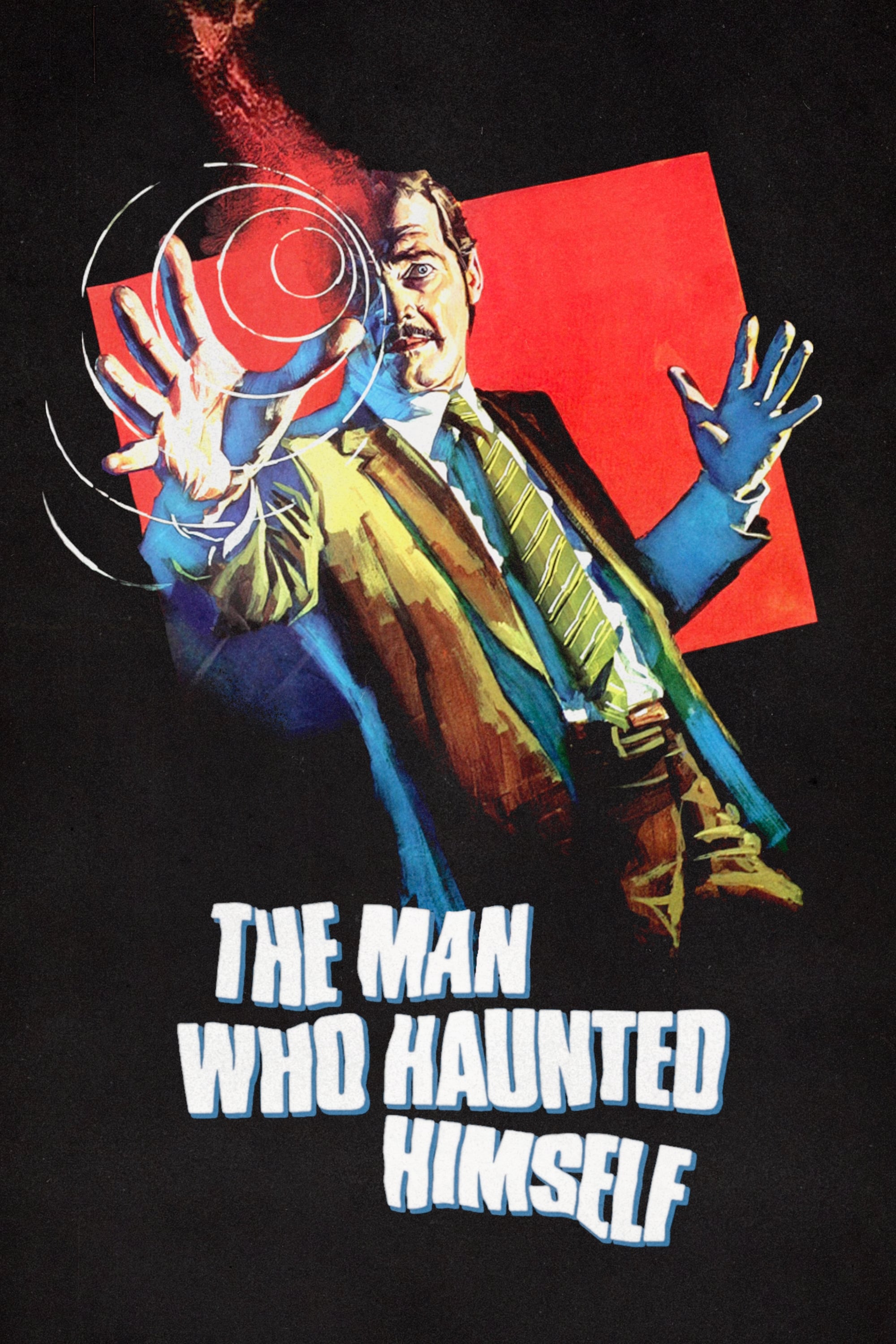
The Man Who Haunted Himself
(Barton)
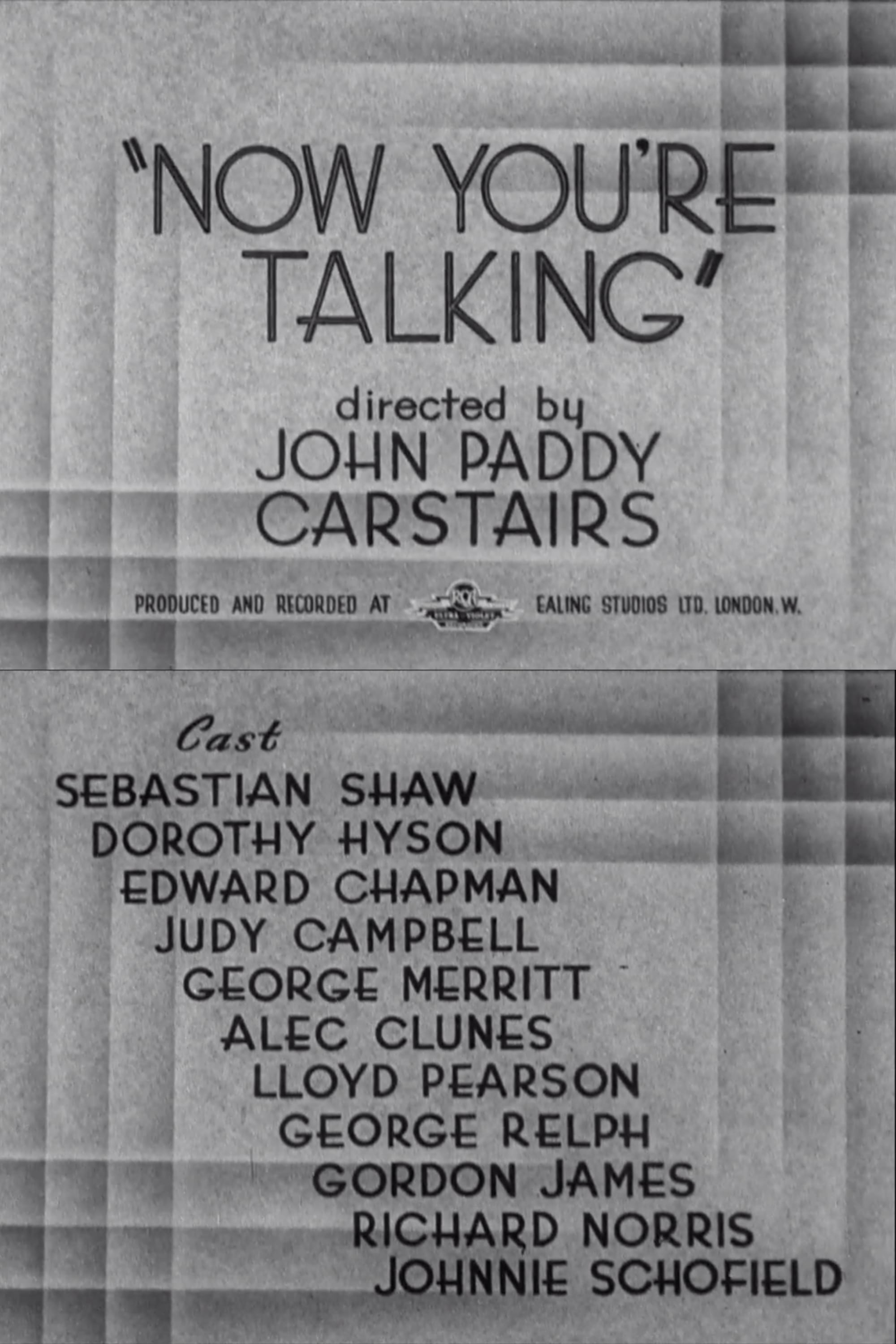
Now You're Talking
(Alf Small)
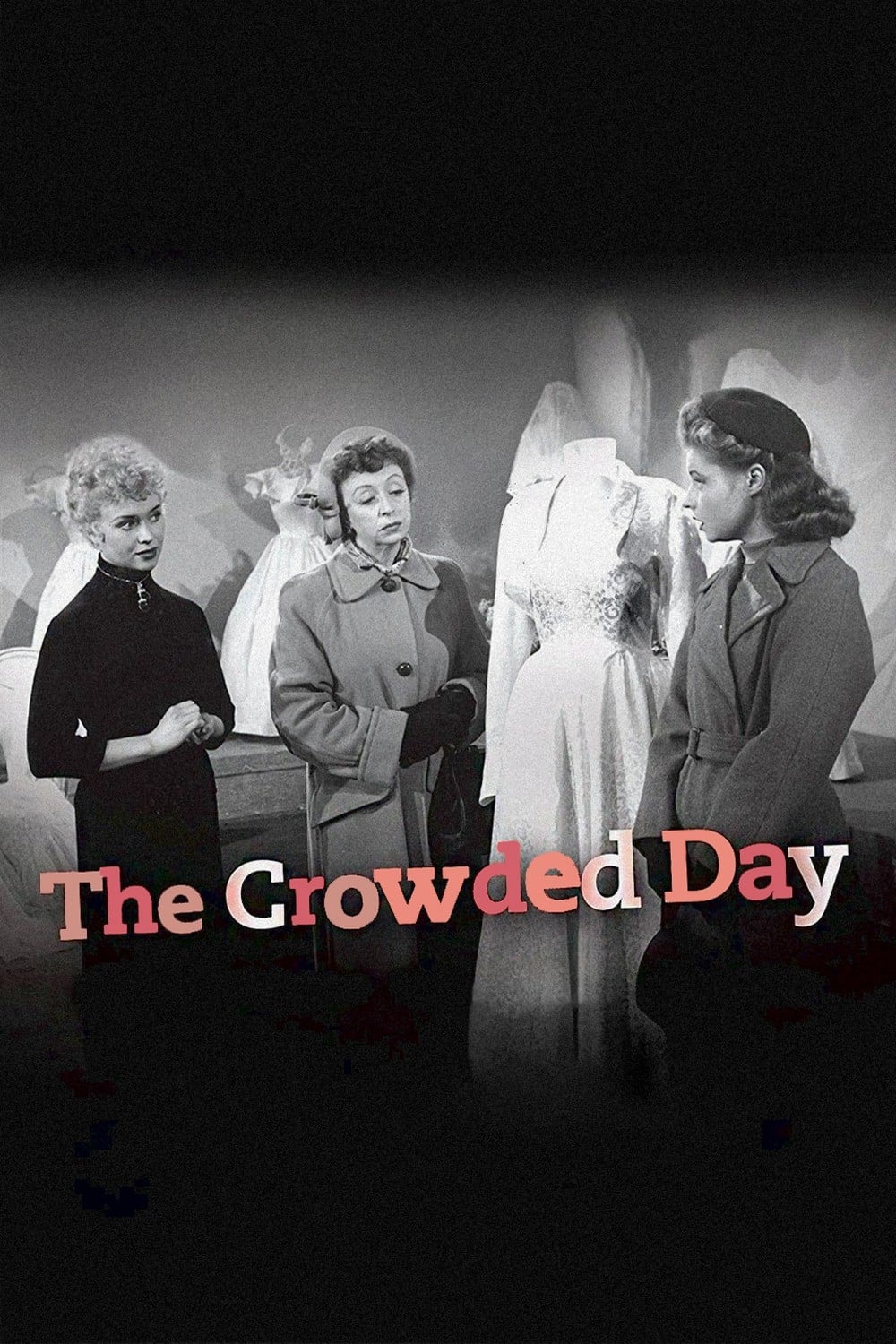
The Crowded Day
(Mr. Bunting)
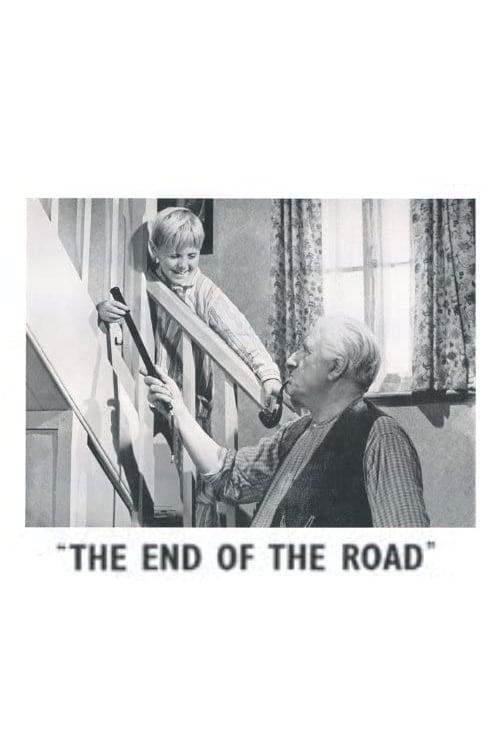
The End of the Road
(Works Manager)

Law and Disorder
(Detective Inspector Bray)
Happy Ever After
(Colonel)
Premiere
(Lohrmann)
Let’s Keep Our Teeth
(Self - Commentator)
Champion House
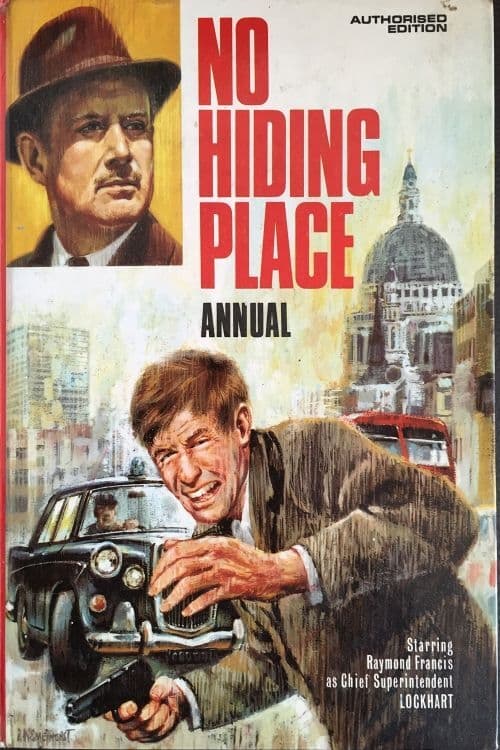
No Hiding Place
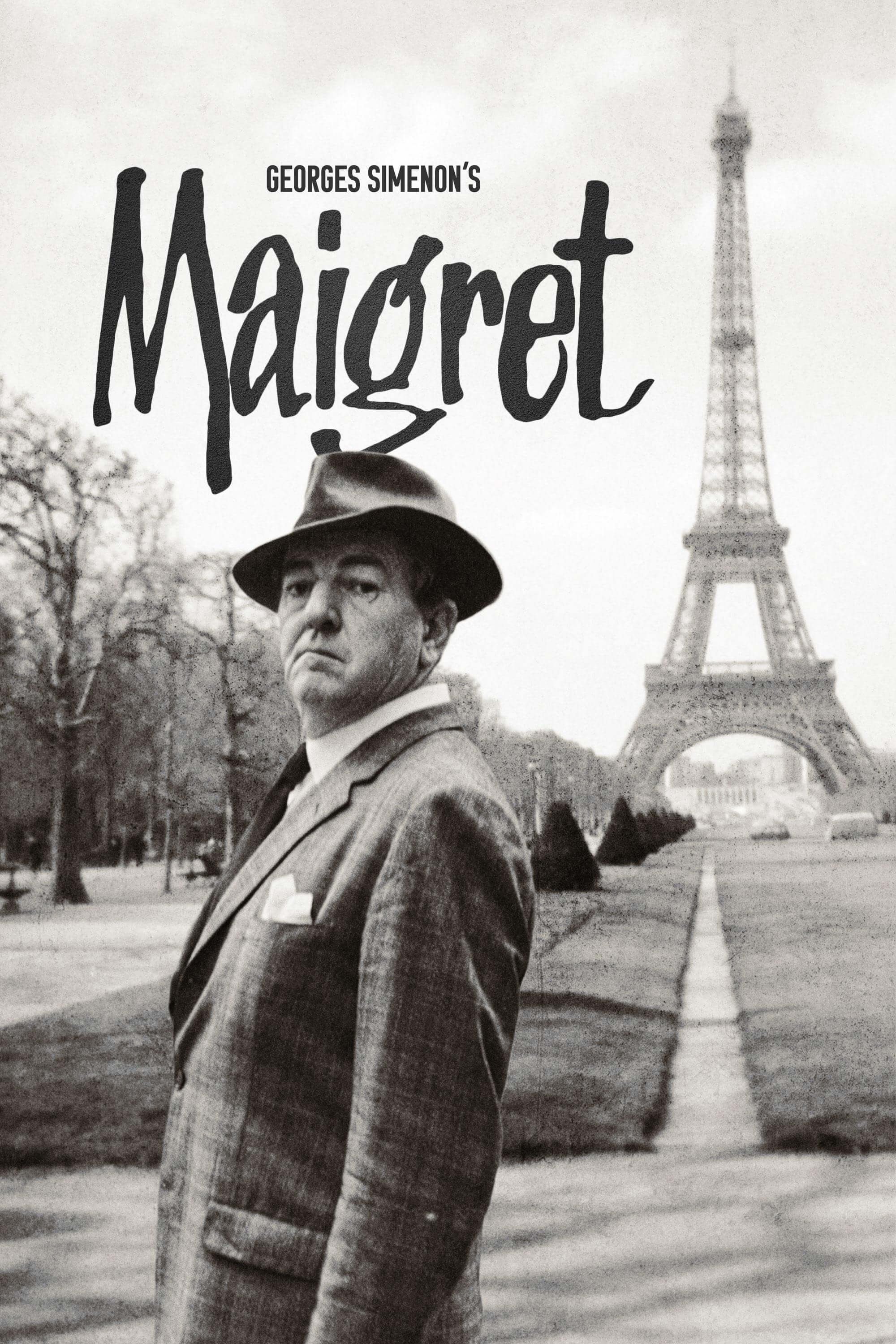
Maigret
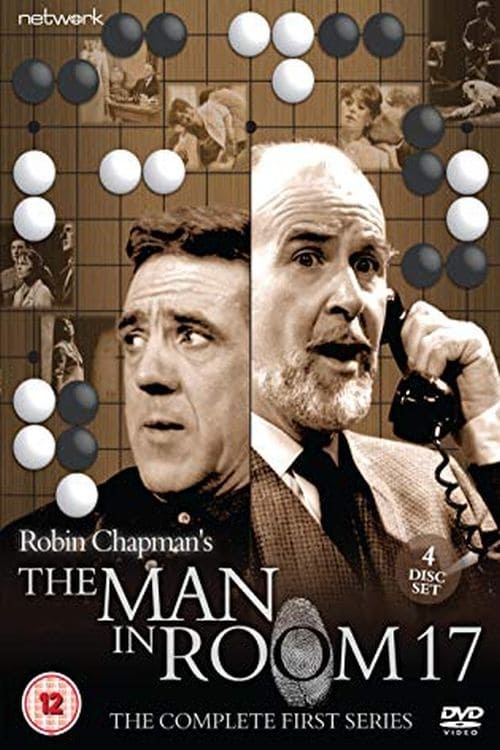
The Man in Room 17
(Oliver Crawford)
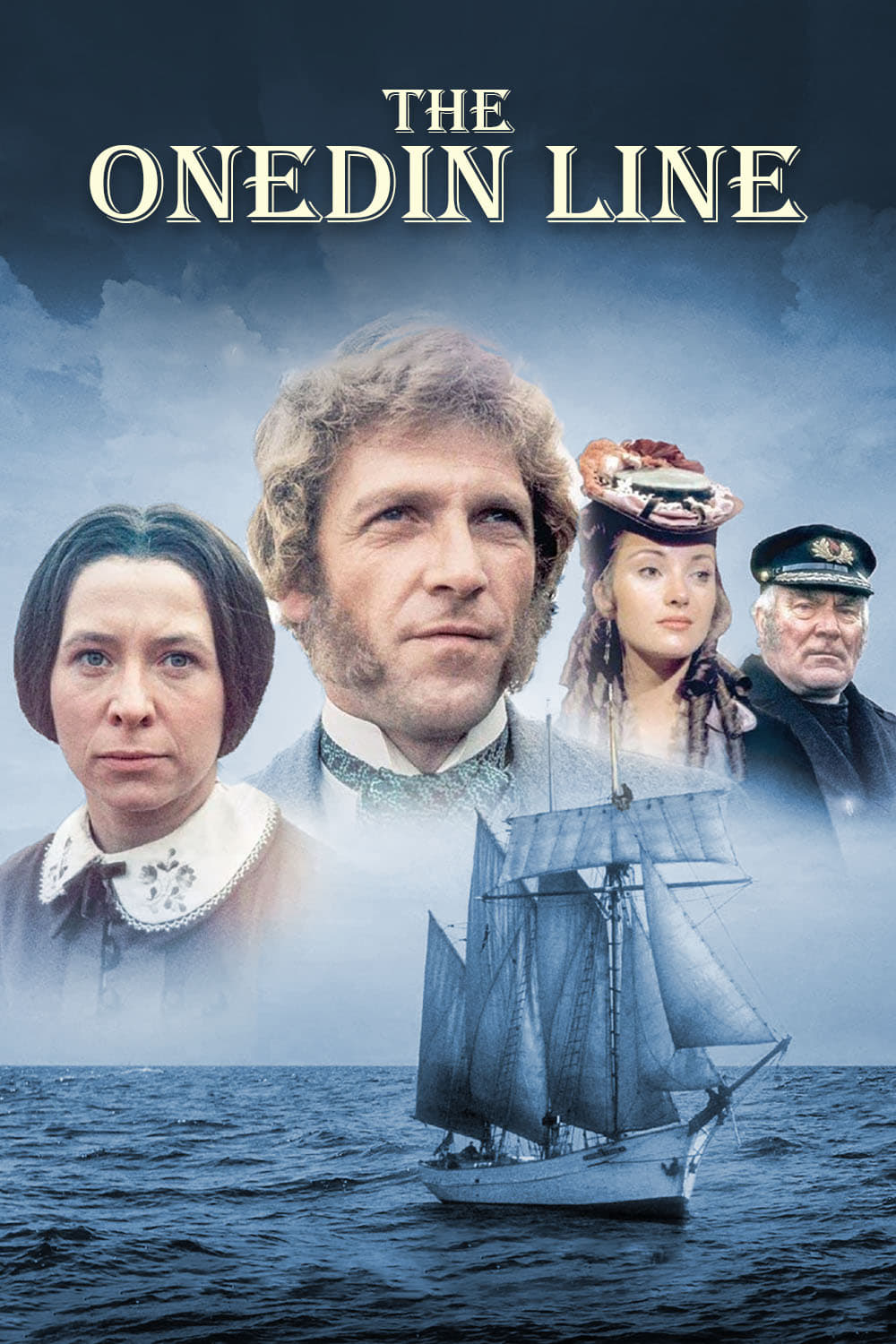
The Onedin Line
(Mr. Callon)
The Men From Room 13
(Mr. Grandland)

The World of Hammer
(Self (archive footage))